Alternative MA 2024/2025
Food and Art
This Alternative MA pursued the reconceptualisation of the world through food, reframing a food-scape reality where to develop an artistic practice. This programme was built on a desire to explore, learn and relate to food as a valid discipline in the arts, academia and other educational contexts. The altMA departs from an understanding of food as foundational, the essential part of any world-building exercise. Through it, we aim to establish food and cooking as inherent signifiers of human culture. Seeing-through-food is crucial because food and its systems build the current ecological terraforming.
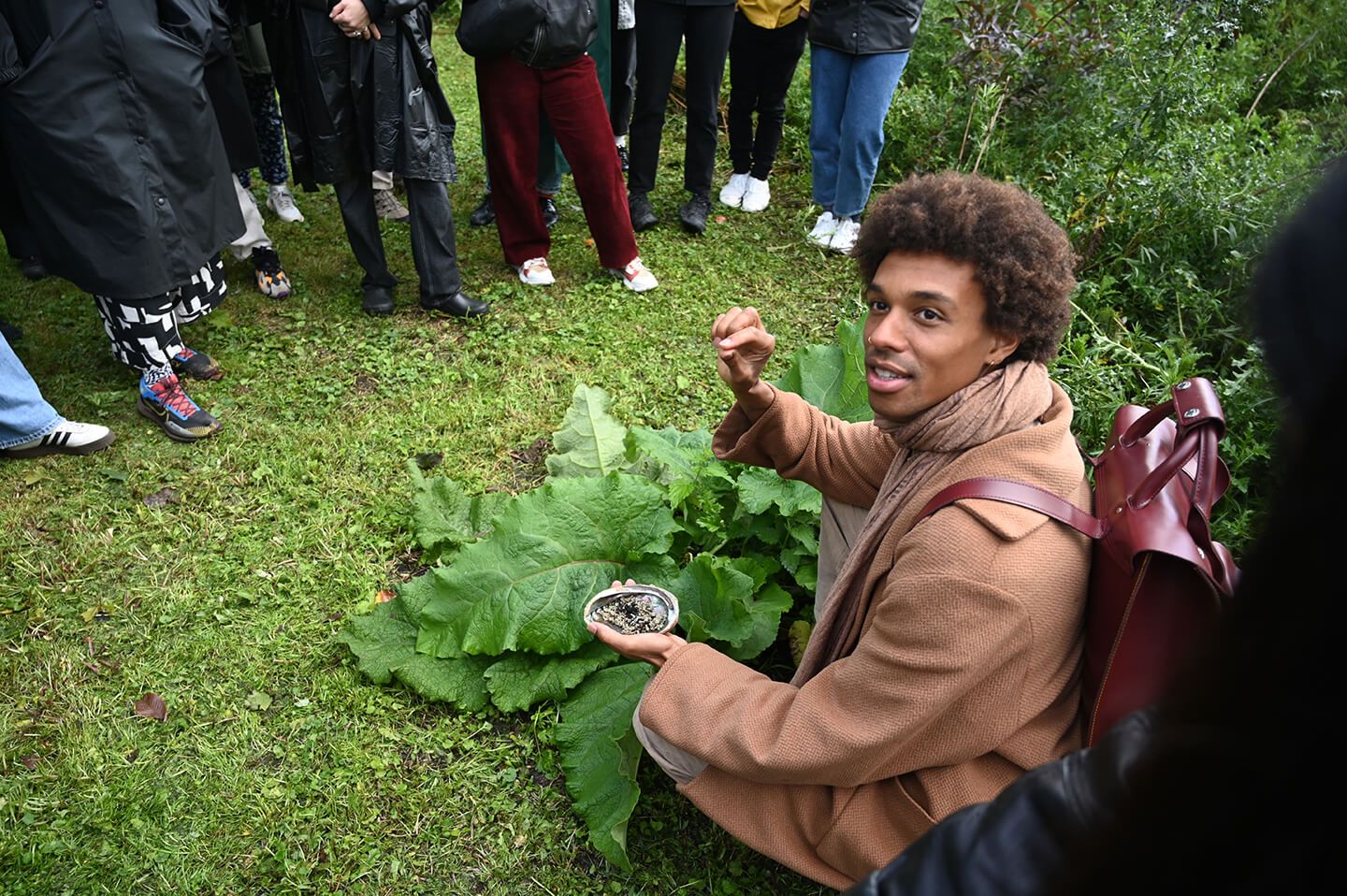
Methodology
Through a series of lectures, residencies, practical exercises and projects, we pursue interdisciplinary modes of knowledge sharing and exchange, while fostering opportunities for sustained growth and collective thinking. The theoretical content of this programme is not exclusively about food, but about what we consider crucial for a food-art practice. We aim to create an atmosphere of trust and safety, in order to help form a tight knit community of critically engaged, curious and rooted thinkers and makers. Being involved in this altMA means to enter into a cosmos of continued support, generosity and care, well beyond the end of the learning year.
Structure
The majority of this programme is held online, in the form of lectures, guest speaker presentations, conversations and 1-to-1 or group tutorials. References and reading materials are made available in advance, which participants are encouraged to read/engage with.
Once per term, participants are invited to join us on an in-person residency: 10 days of practice-based learning and project development through workshops and creative exercises, held at three different institutions, collectives or platforms in Europe. The residencies are fundamental in order to strengthen bonds between participants and tutors, and offer a chance for experimentation and development of the participants’ projects.
Upon applying, participants are requested to share an in-progress project or plan for a project which relates to the themes explored in the altMA. Throughout the year, participants have the opportunity to further develop this project, through the in-person residencies but also with online support from 1-to-1 tutorials and peers. At the end of the academic year, we will work towards an exhibition together. This is a chance to showcase the participants’ research and projects and share it with the public. The exhibition can take the form of a dinner, a show of physical artworks, a publication, a film etc. The shape and form of it will be built collectively during the year, following the progress of the participants.
Course content
TERM 1 - THE LIMITS OF THE EDIBLE - COSMOLOGIES OF EATING THE OTHER
We begin at the mouth. What are the politics and cosmologies that result from the different regimes of eating an-other? Animals, plants, microbes, minerals, stones, and even humans? What can we learn from their pass through our bodies? Who gets to decide the limits of the edible? We lay our foundations by investigating the colonial heritage of “othering”, and the gendered politics of eating and digesting. We place ourselves along the socially constructed dichotomies of human/animal, life/death, pleasure/pain, culture/nature, and face the deep-rooted prejudices of Western metaphysics and politics. What separates body from flesh, flesh from meat? Whose death is grievable and whose is not?
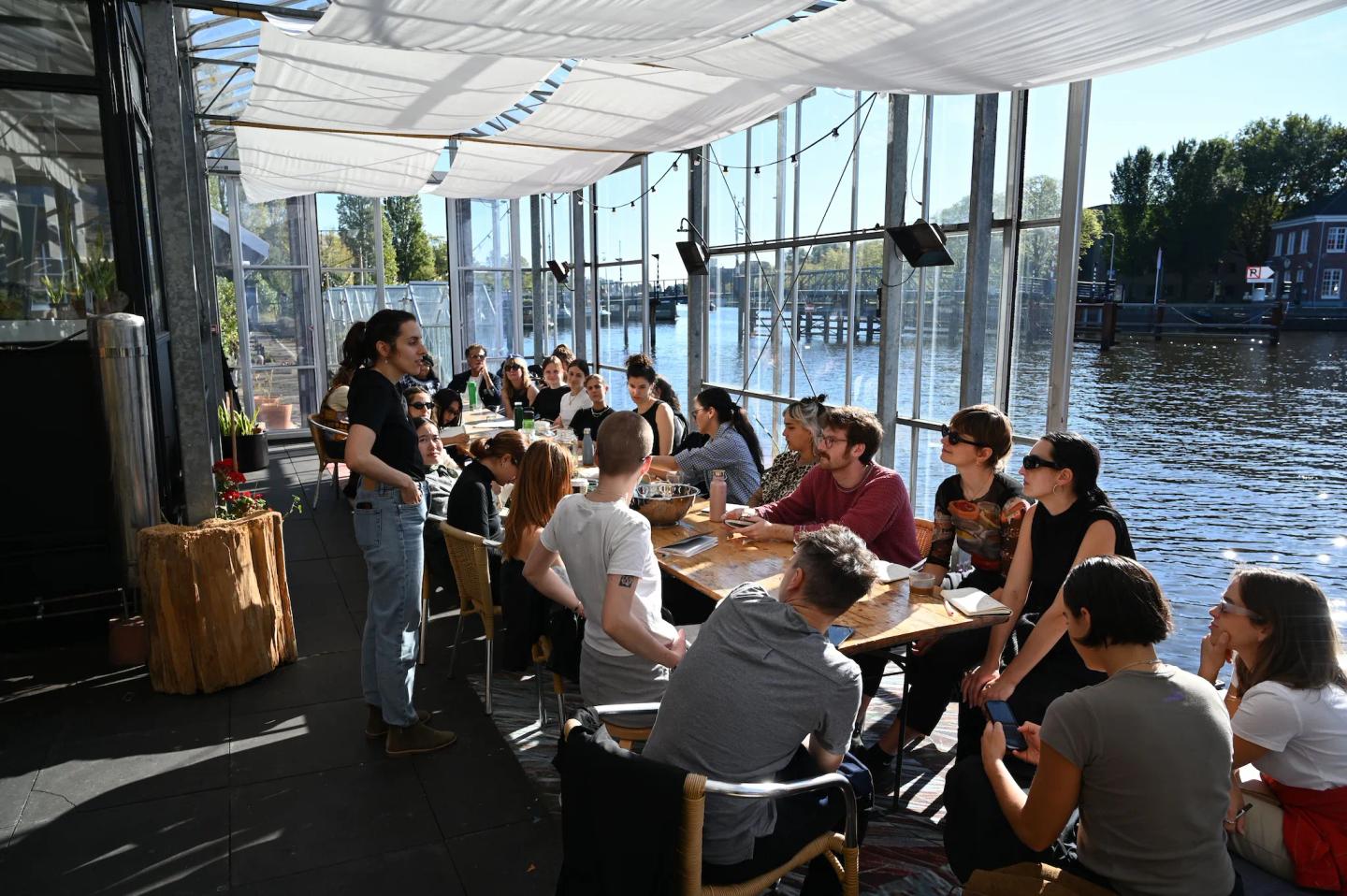
TERM 2 - WHAT WE EAT IN OUR DREAMS - SWIRLING IN THE QUANTUM
Moving into the second term, we consider dream spaces as places for connecting with non-rational thought. By opening ourselves up to non-logical, non-linear thinking, what possibilities arise? What might we eat in the dream space - and would we need to eat at all? In this term, we learn from indigenous spirituality, metabolic processes of assimilation and energy transmutation. We swirl in the Quantum - paying attention to that which is (or has been deemed) infinitely small, practising the “art of noticing” (Tsing). As we enter beyond-visible realms, we bring with us the tools of science fiction, speculative thinking and fabulations (Haraway). We look beyond the Western “enlightened” thought, as we work to dismantle pervasive, rigid and homogenising capitalist webs.
TERM 3 - CONTEMPORARY CREATION ON A DAMAGED PLANET
How do we navigate a damaged planet? What tools are at our disposal, or what tools may we fabricate, considering the effects of human action on more-than-human systems and lives? During this final term, we consider our roles as artists in the face of a deep climate crisis, but also our roles as beings who eat. What does food and art making look like during the Apocalypse? What will we eat at the end of time? In an attempt to combat an impending sense of capitalist doom, we search for answers (and further questions) in the reclaiming of radical pleasure (adrienne maree brown), multispecies joy (Mercedes Villalba) and life in the cracks (Báyò Akómoláfé).
Guest Speakers
Báyò Akómoláfé
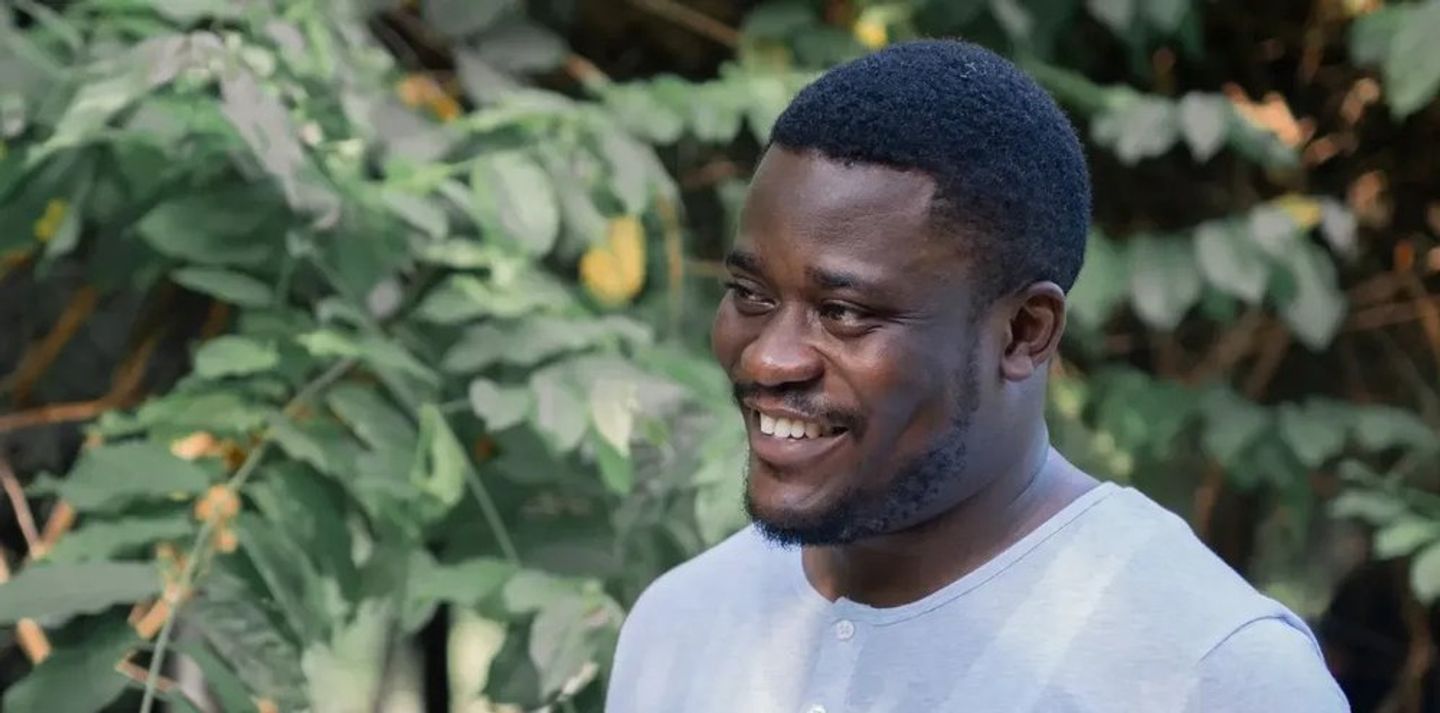
Read more
Philosopher, Writer, Activist

Báyò Akómoláfé
Philosopher, Writer, Activist
Bayo Akomolafe (Ph.D.), rooted with the Yoruba people in a more-than-human world, is the father to Alethea and Kyah, the grateful life-partner to Ije, son and brother. A widely celebrated international speaker, posthumanist thinker, poet, teacher, public intellectual, essayist, and author of two books, These Wilds Beyond our Fences: Letters to My Daughter on Humanity’s Search for Home (North Atlantic Books) and We Will Tell our Own Story: The Lions of Africa Speak, Bayo Akomolafe is the Founder of The Emergence Network and host of the online postactivist course, ‘We Will Dance with Mountains’. He currently lectures at Pacifica Graduate Institute, California and University of Vermont, Burlington, Vermont. He sits on the Board of many organizations including Science and Non-Duality (US) and Local Futures (Australia). In July 2022, Dr. Akomolafe was appointed the inaugural Global Senior Fellow (https://www.democracyandbelongingforum.org/blog/bayo-introduction) of University of California’s (Berkeley) Othering and Belonging Institute, where he acts as the Forum’s “provocateur in residence”, guiding Forum members in rethinking and reimagining our collective work towards justice in ways that reject binary thinking and easy answers. He has also been appointed Senior Fellow for The New Institute in Hamburg, Germany.
Michael Marder
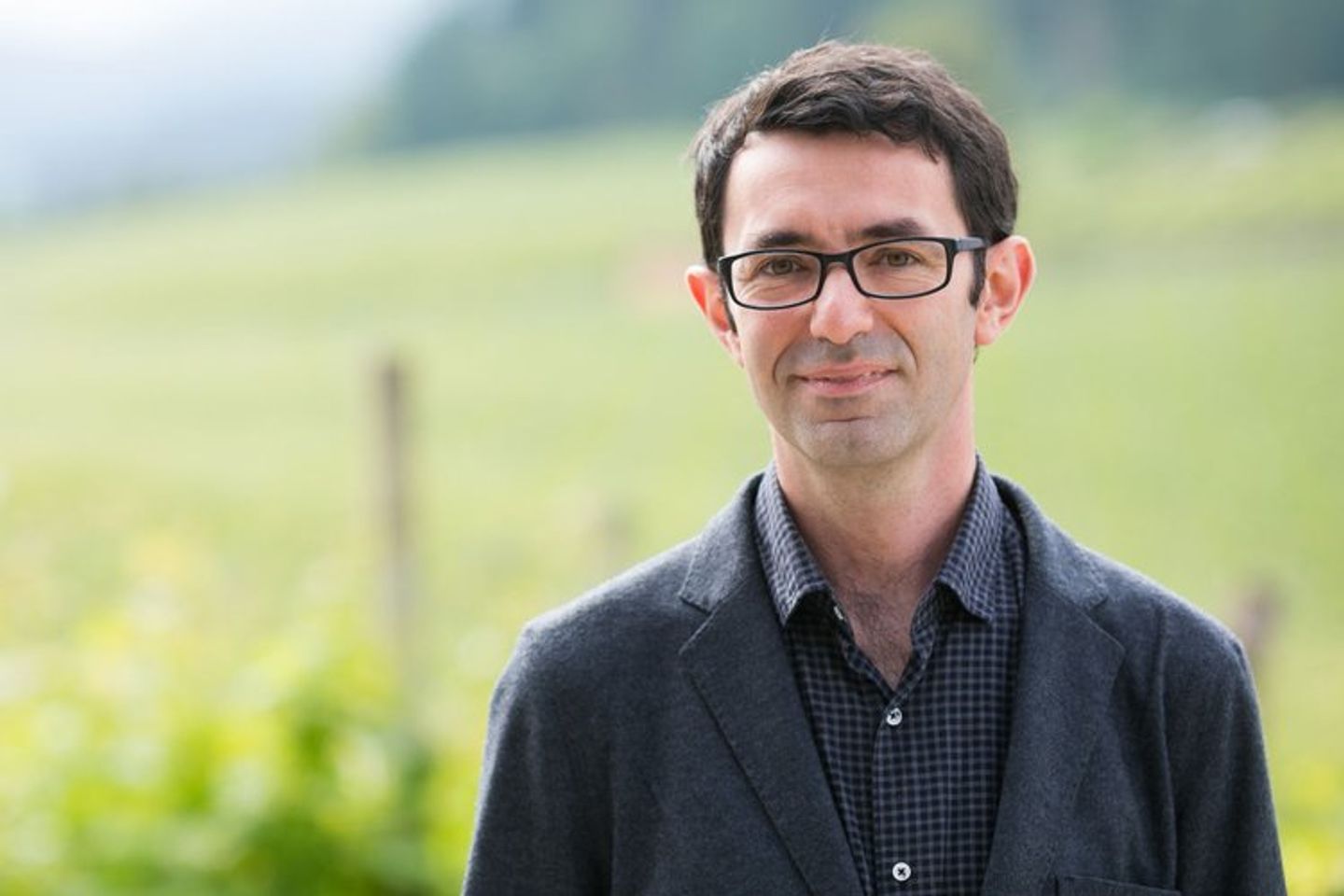
Read more
Research professor of Philosophy

Michael Marder
Research professor of Philosophy
Michael Marder is IKERBASQUE Research Professor in the Department of Philosophy at the University of the Basque Country (UPV-EHU), Vitoria-Gasteiz, Spain. His writings span the fields of ecological theory, phenomenology, and political thought. He is the author of numerous scientific articles and monographs, including Plant-Thinking (2013); The Philosopher’s Plant (2014); Dust (2016), Energy Dreams (2017), Heidegger (2018), Political Categories (2019), Pyropolitics (2015, 2020); Dump Philosophy (2020); Hegel's Energy (2021); Green Mass (2021), Philosophy for Passengers (2022), The Phoenix Complex (2023), Time Is a Plant (2023), and, with Edward S. Casey, The Place of Plants (2023).
Laura Tripaldi
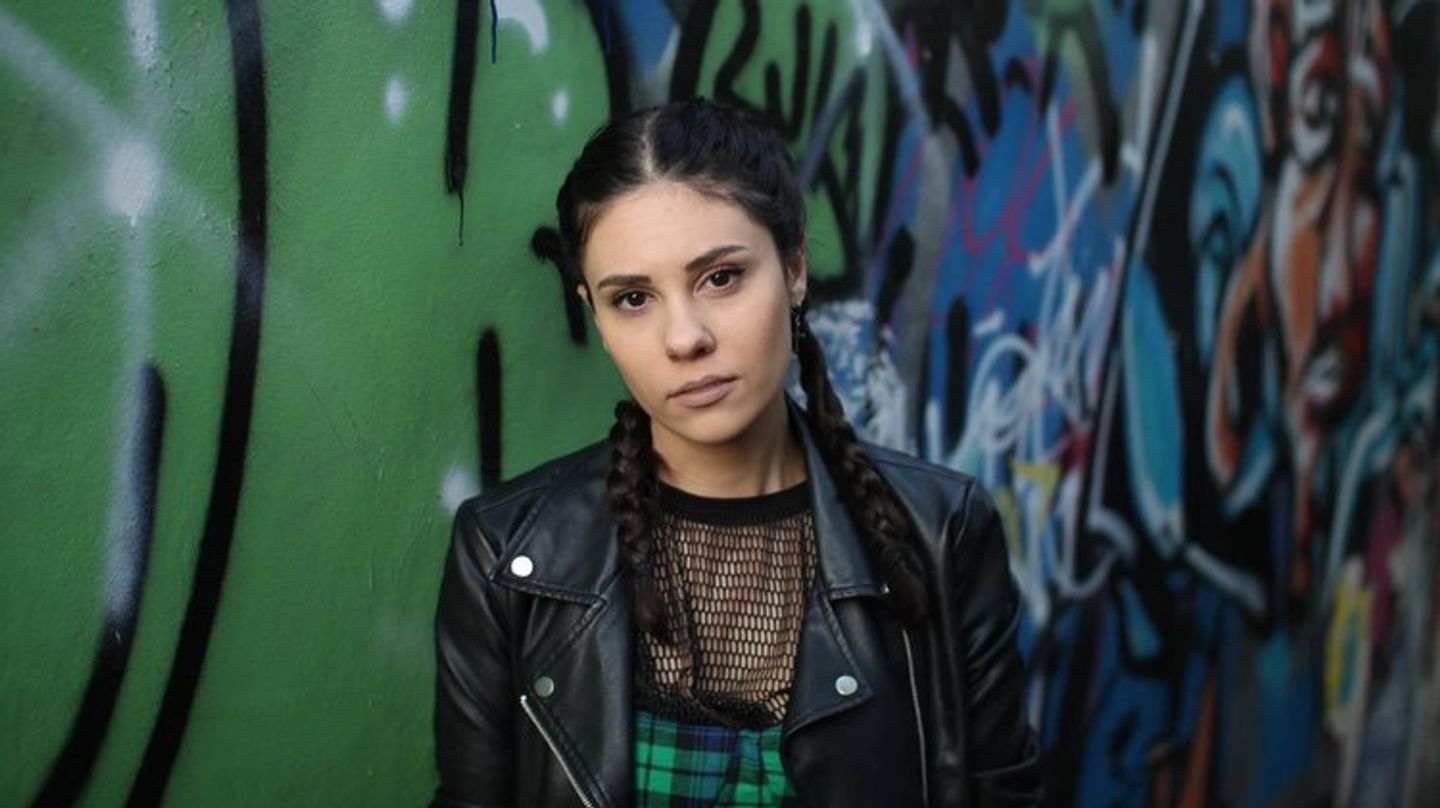
Read more
Material Scientist and Author

Laura Tripaldi
Material Scientist and Author
Laura Tripaldi is a PhD scholar in Materials Science and Nanotechnology at the University of Milano-Bicocca, where she works on the design of hybrid nanomaterials and the study of their processes of self-assembly for advanced technological applications. Parallel to her academic research, she writes about speculative and philosophical aspects of science and technology, with a particular focus on the concepts of complexity, self-organization, relational ontologies, artificial life, softness, and material interfaces. She is a contributor for several online magazines. Her latest book, Menti Parallele (Parallel Minds) (effequ, 2020), an essay on the intelligence of materials and their entanglement with human minds, will be translated into English and published by Urbanomic Press (2021).
Alfonso Borragan
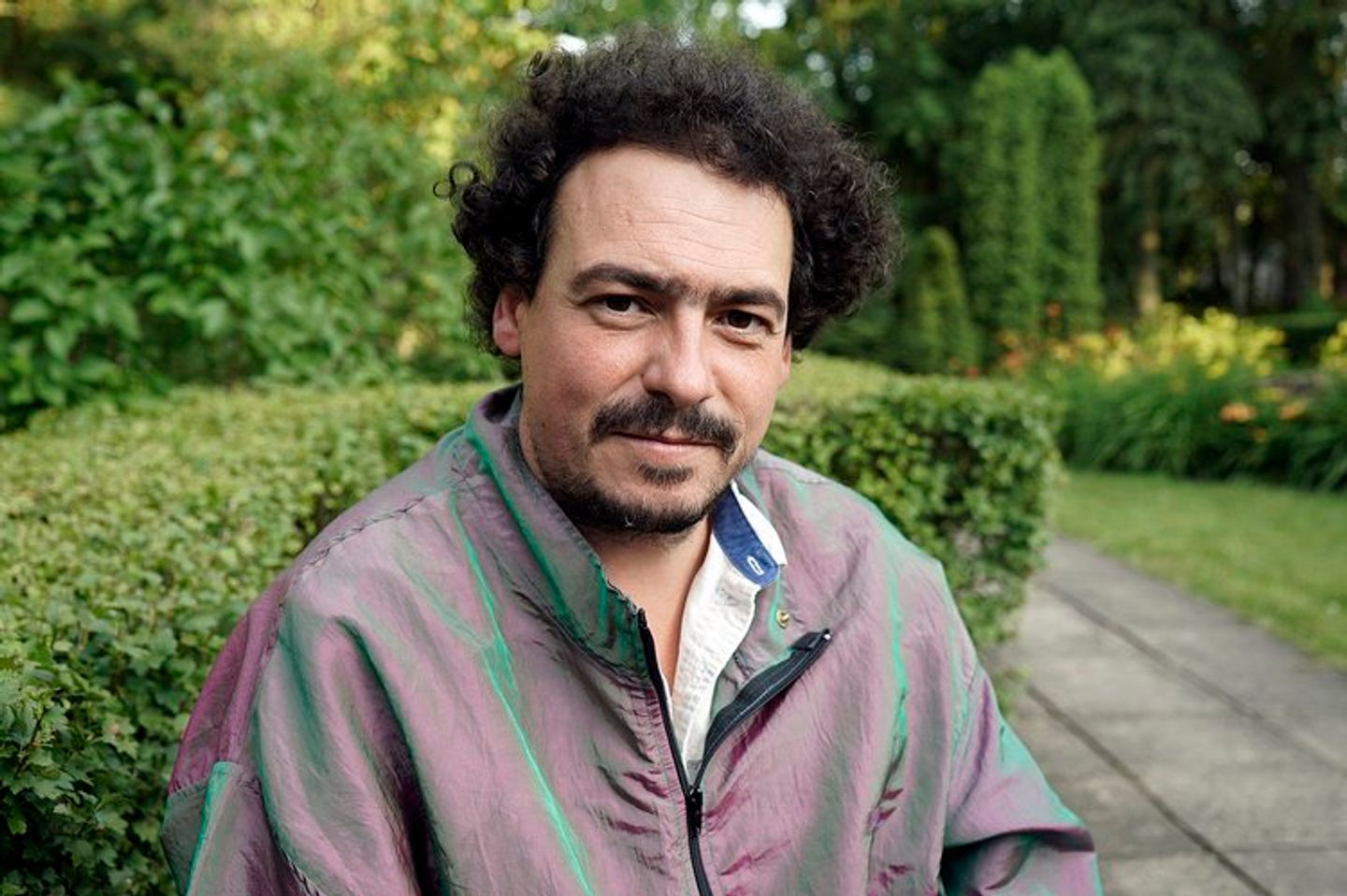
Read more
Artist, Researcher, Educator

Alfonso Borragan
Artist, Researcher, Educator
Alfonso Borragán's practice is articulated between research, teaching and production. He explores and activates relational processes, physical and metaphysical, with the earth, usually through collective processes and collective actions. His practice is manifested inside the fragility of collective processes and the ephemerality of action, like a latent image in constant change. His work has been described as a “vague momentum”, the critical instance where the generation of images is potentiated.
As an artist, he tries to channel an experience, building situations and devices that are born to be consumed and that try to modify the perception of reality, interfere or expand it. These develop at a symbiotic level with humans, through a correspondence that is activated through them and disappear with them. His works are articulated among them as part of a system of relationships in process.
As part of its work methodology, he activates long interdisciplinary collective processes with the context. He generates collectives formed by the local communities amalgamated with teams of scientists, anthropologists, geologists, farmers and other knowledges that expand and develop different views during these processes. These processes usually form in collective actions, ingestions, installations, videos and publications.
alfonso borragán studied Fine Arts at the University of Barcelona and later continued his training at the MFA Slade School of Fine Arts (London) where he finalised his PhD in 2022. He works and lives in London.
He has exhibited and developed works both nationally and internationally. His latest works have been seen at the National Museum of art and CCELP in La Paz (Litofagos-Goalito); Botin Centre in Santander (Halito); Emerson Dorsch in Miami (Bucarolito); Joan Miró Foundation in Barcelona (Alterbees); Kontejner in Zagreb (Daguerrolito); Plataforma Bogotá (Fosfofagia 04) and Khoj Artist Association, New Delhi (Fosfofagia 03).
Currently he is lecturer in Arts and Interdisciplinarity at the Arts and Science department of University College London. Furthermore, has taught classes, workshops and conferences at the Slade School of Fine Arts, Camberwell College of Arts, the London School of Interdisciplinarity, London College of Communication, Swansea Metropolitan, Plymouth University of Arts, NTNU Trodheim, University of Cantabria, University of Barcelona, Institute of Advanced Architecture of Catalonia (IAAC) or the Institut d'Estudis Fotogràfics de Catalunya.
He is part of the collectives Future Famers, Food Cultura, La Comunidad and the duo Volcanica with Santiago Reyes Villaveces. Also, he runs the temporal experimental restaurant Spark with Alvaro Sau.
Clara Benito
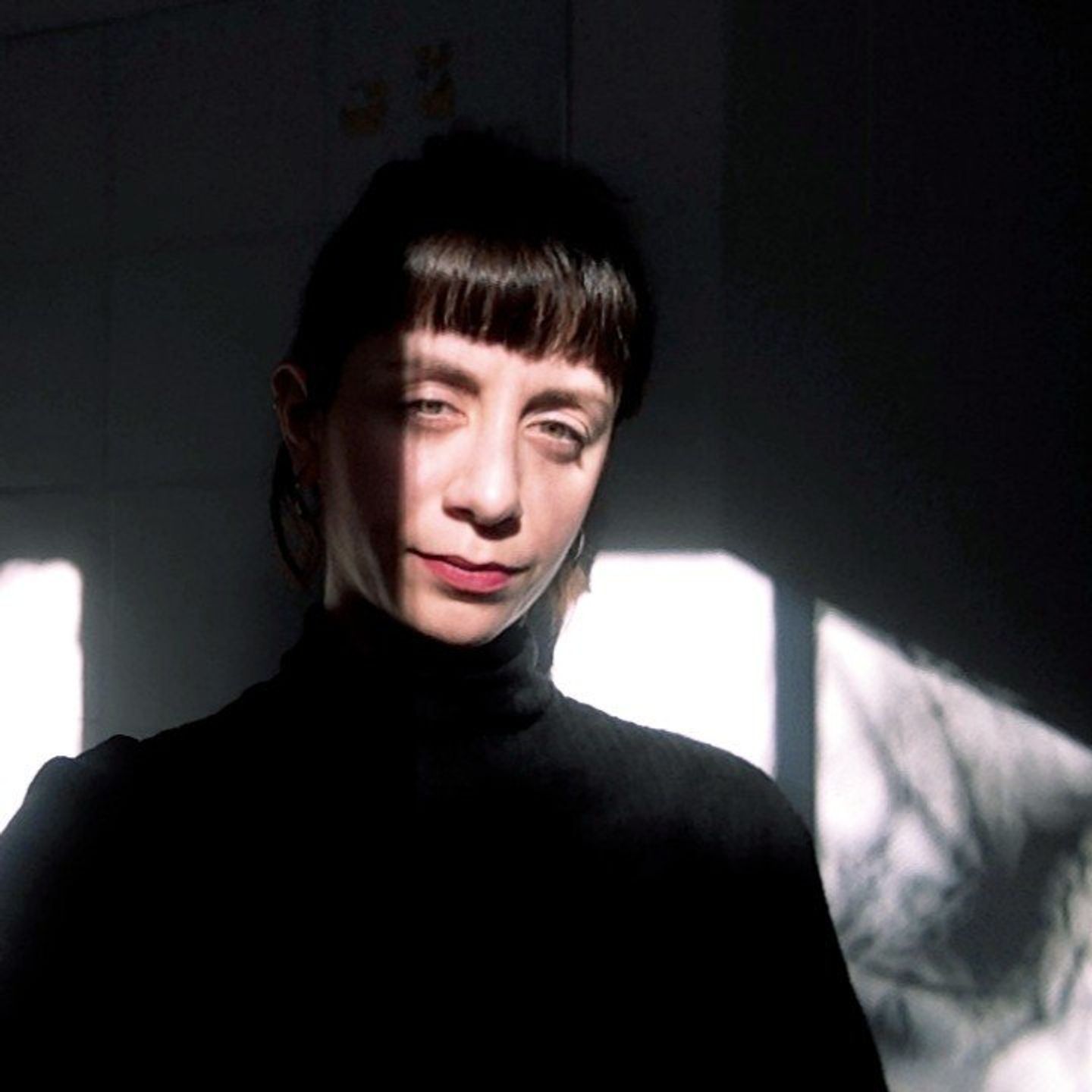
Read more
Philosopher and Researcher

Clara Benito
Philosopher and Researcher
Clara Benito is an independent researcher based in Madrid, previously part of the Institute for Postnatural Studies as a researcher, speaker in workshops and seminars, as well as co-editor, and writer within the Institute's publishing house of critical thought and ecology Chtulhu Books. With a background in philosophy and visual arts, Clara has a research master's degree rMA Cultural Analysis at the University of Amsterdam and has been part of the Netherlands Institute for Cultural Analysis (NICA) since 2018. Her research, interdisciplinary in nature but with a strong influence from philosophy, touches on topics such as posthumanism, animal studies, queer theory and feminist and gender studies, decolonial theory and environmental humanities.
Yamuna Sangarasivam
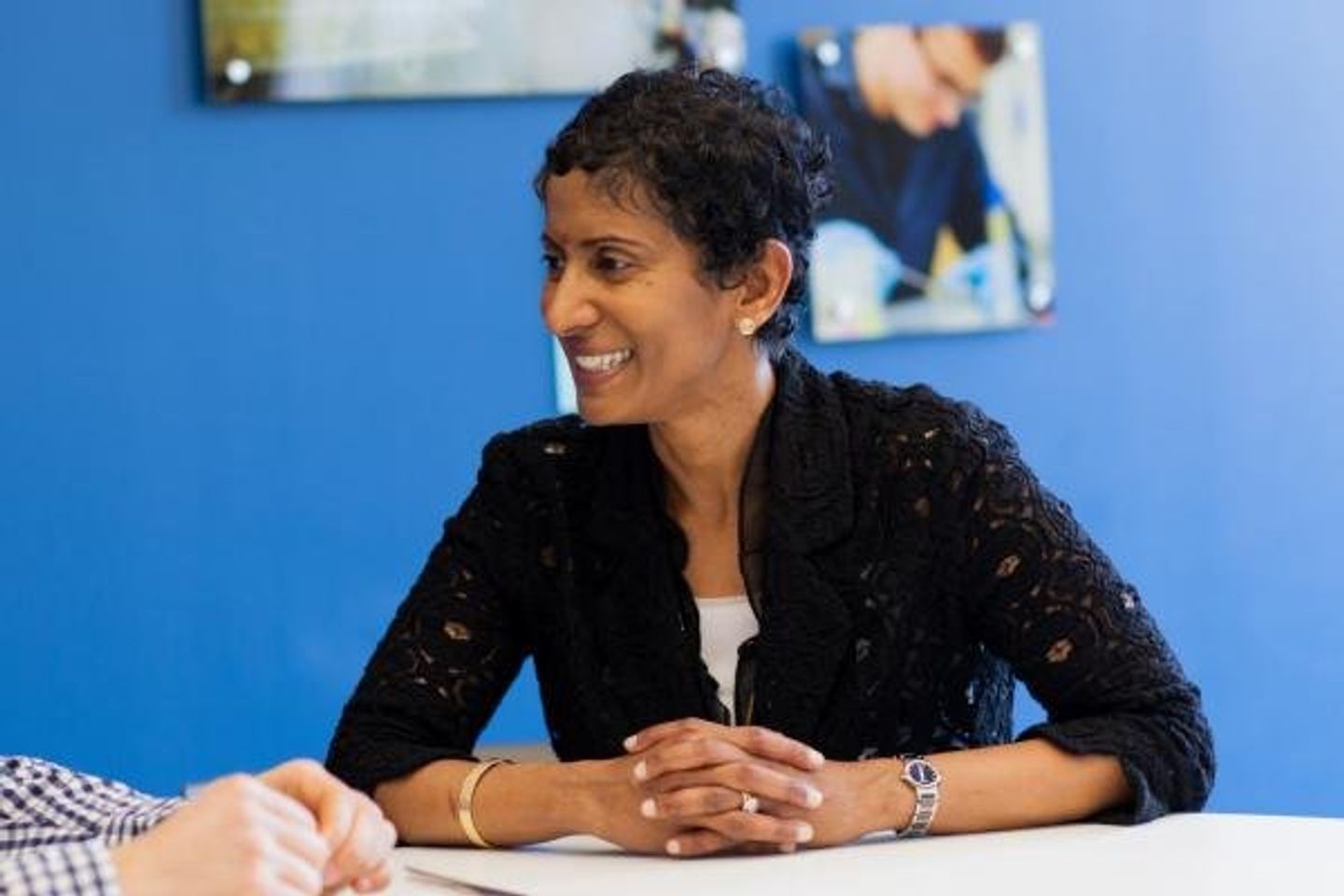
Read more
Academic, Writer, Dancer

Yamuna Sangarasivam
Academic, Writer, Dancer
Yamuna Sangarasivam is a Professor of Anthropology, Director of the Women and Gender Studies Undergraduate Program in Sociology & Anthropology at Nazareth College in Rochester, NY. Originally from Sri Lanka, Yamuna will draw from her background to talk about Queer Culinary Cultures of Resurgence.
Yasmine Ostendorf-Rodríguez
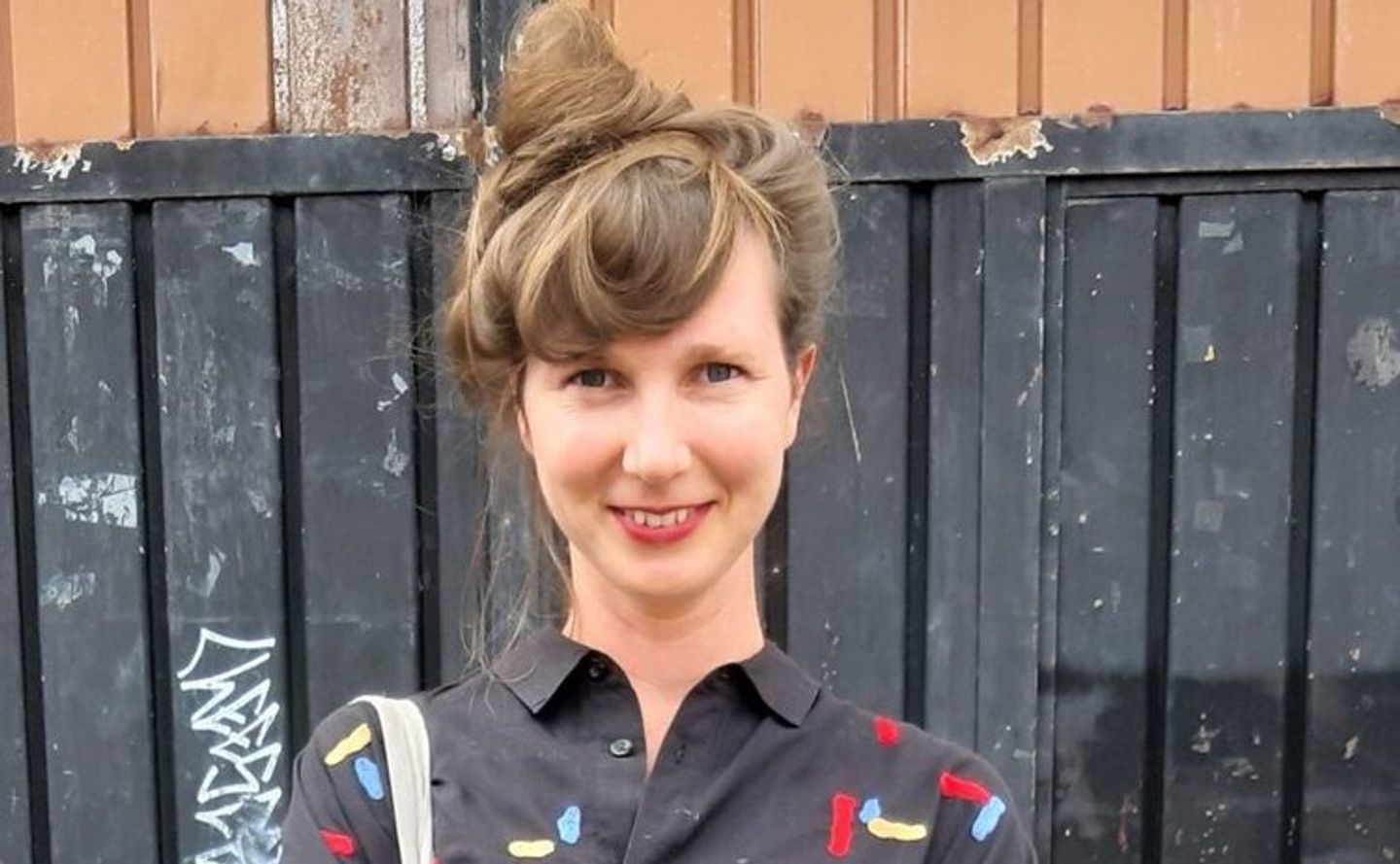
Read more
Curator and Writer

Yasmine Ostendorf-Rodríguez
Curator and Writer
Yasmine Ostendorf-Rodríguez, born in Amsterdam and based in Mexico City, is a curator, writer, and researcher working at the intersection of art and ecology. She is the founder of the Green Art Lab Alliance (established in 2012); a network comprising sixty art organizations across Europe, Latin America, and Asia. The mission of the alliance is to foster relationships that contribute to social and environmental justice, akin to the interconnected nature of mycelium. Over the span of more than a decade, she has conducted research throughout (East) Asia, Latin America, and Europe, focusing on artists who propose alternative ways of living and working, ultimately leading to more resilient communities and (food) systems. She worked for organizations including Julie's Bicycle (United Kingdom), Asia-Europe Foundation (Singapore), Cape Farewell/ Science Museum (United Kingdom), Labverde (Brazil), and TransArtists (Netherlands). She founded and directed the Nature Research Department at the Jan van Eyck Academie (Netherlands, 2017), the Van Eyck Food Lab (2018), and the Future Materials Bank (2020); a crowd-sourced database of sustainable materials for artists, designers and architects. She has been curator-in-residence in various art institutions, including Kunst Haus Wien (Austria, 2017), Capacete (Brazil, 2019–2020), Valley of the Possible (Chile, 2022), Bamboo Curtain Studio (Taiwan, 2015–2016), and colectivo amasijo (Mexico, 2021). She is a self-proclaimed "mycophile", interested in exploring the application of a mycological lens in defining fair models of collaboration and (self) organization. Her debut book, "Let's Become Fungal! Mycelium Teachings and the Arts," shares twelve teachings of the world of fungi and is published by Valiz (NL). It is currently being translated into Chinese and Spanish.
Wakanyi Hoffman
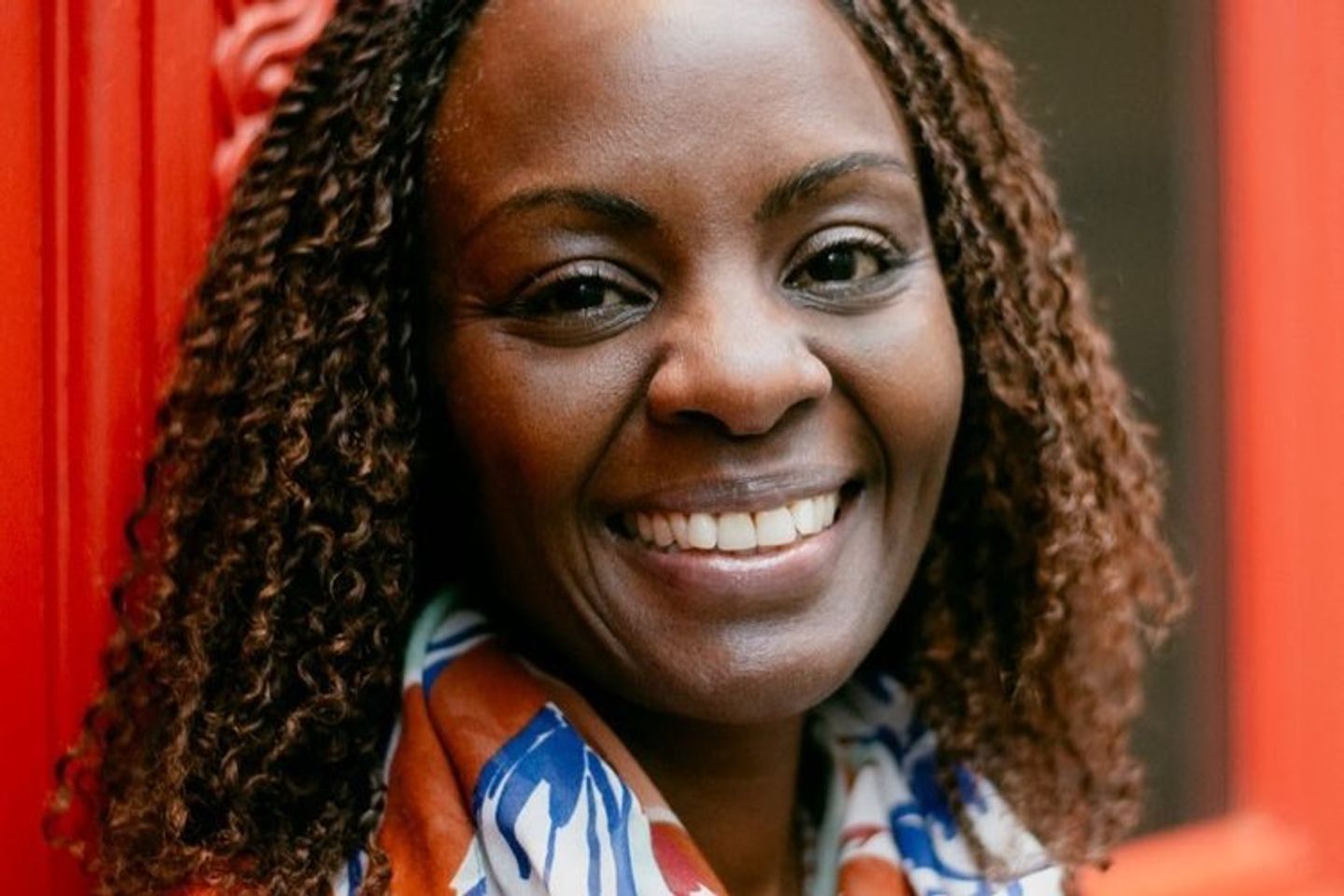
Read more
Author, scholar, speaker

Wakanyi Hoffman
Author, scholar, speaker
Wakanyi is an author, scholar of African Indigenous knowledge, and global spokesperson for the Ubuntu philosophy. Her diverse intercultural experiences as a global nomad have enriched her perspective on the human condition. Wakanyi is a graduate of University College London, where her thesis proposed the integration of Indigenous knowledge into global education systems. She is a board member of the Kenya Education Fund, providing high school education to marginalized gifted children. In addition, her advisory role with the Contentment Foundation underscores her commitment to global well-being. She is also a board member of Seeds of Wisdom, which is dedicated to sharing the wisdom and knowledge of Indigenous elders. Wakanyi is the founder of the African Folktales Project, created to bridge the gap between Indigenous and contemporary African societies, and she is a co-founder of HumanityLink, a global system of digital communication solutions for marginalized populations.
Jove Spucchi
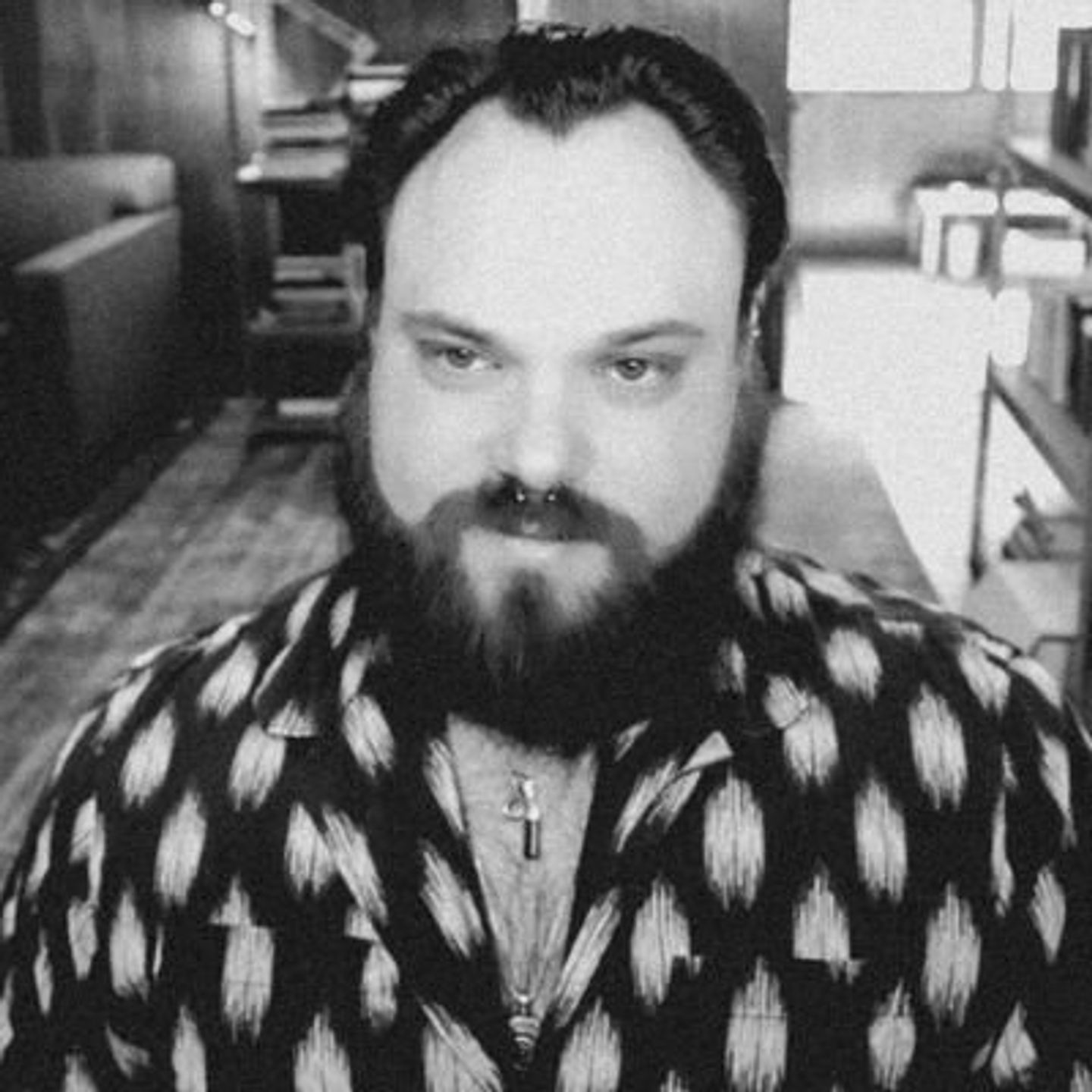
Read more
Witch, Astrologer, Artist

Jove Spucchi
Witch, Astrologer, Artist
JOVE SPUCCHI is a multidisciplinary artist, researcher, performer, dramaturg, and educator working in an occult-driven practice. They explore the intersections of technology, dance, and queer nightlife as driven by the value and goal of spiritual enmeshment with the magical other. Leaning into their decade of software engineering, IT and engineering leadership, they explore how occult traditions, ritual practices, and divination techniques overlap, and “dance” with emerging technologies such as machine learning and artificial intelligence.
Sophie Strand
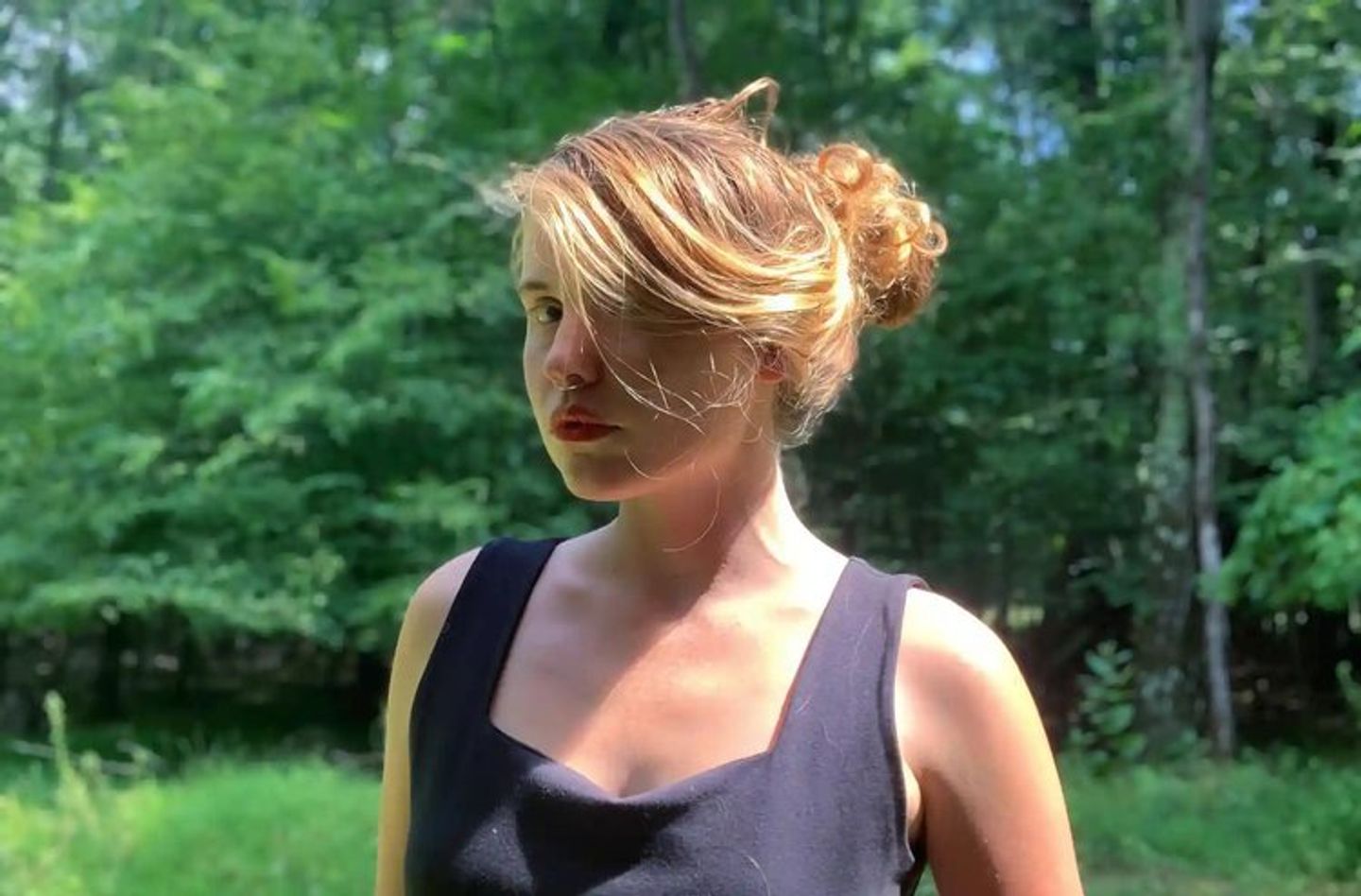
Read more
Writer

Sophie Strand
Writer
Sophie Strand is a writer based in the Hudson Valley who focuses on the intersection of spirituality, storytelling, and ecology. She is the author of The Flowering Wand: Rewilding the Sacred Masculine and The Madonna Secret. Her memoir The Body is a Doorway: A Journey Beyond Healing, Hope, and the Human is forthcoming from Running Press Spring 2025.
Noam Youngrak Son
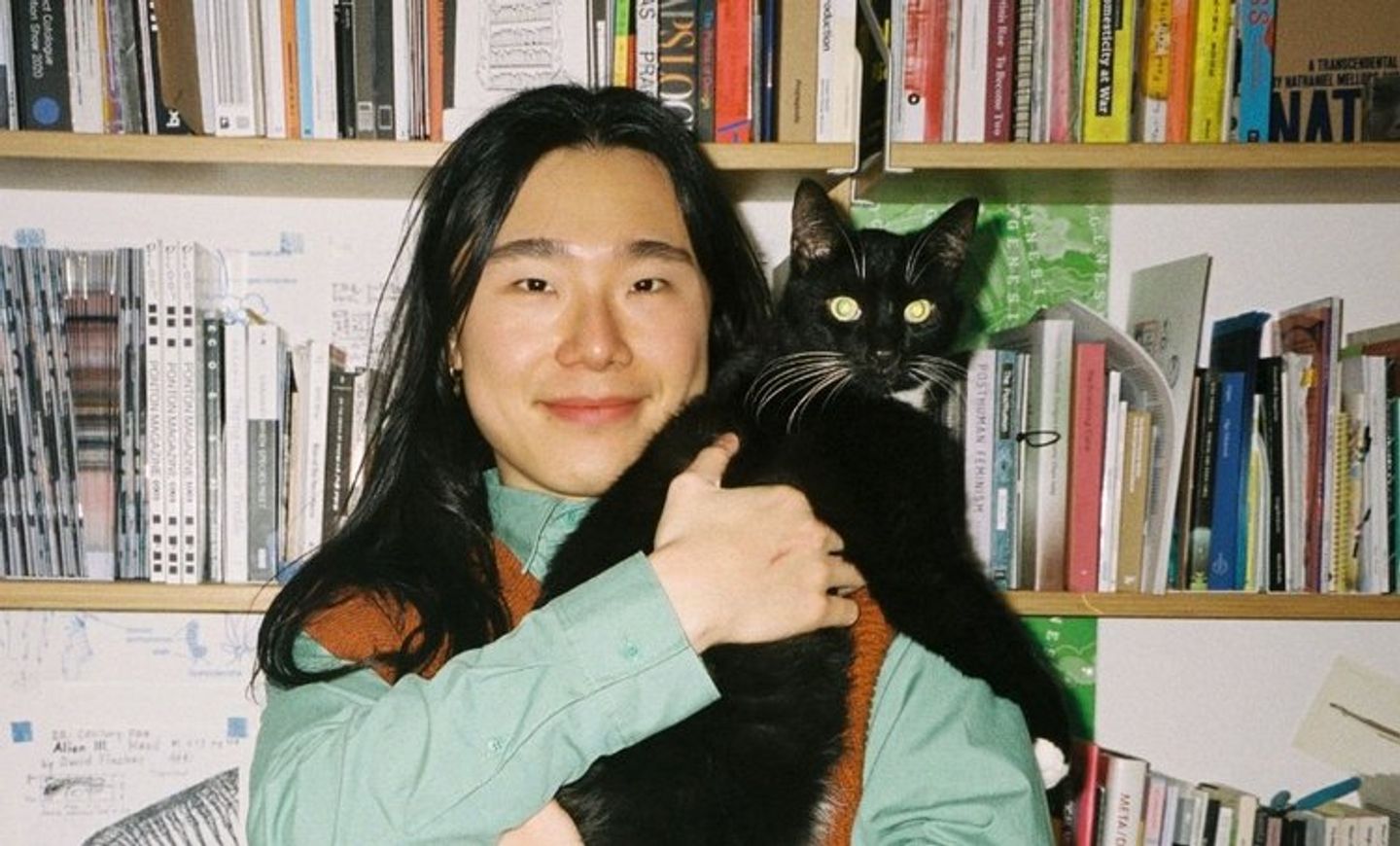
Read more
Artist, Communication Designer

Noam Youngrak Son
Artist, Communication Designer
Noam Youngrak Son is a communication designer, design theorist, and cultural worker. Their design work encompasses small-scale publishing projects, speculative worldbuilding, workshops, lectures, writing, net art, and occasional performative interventions. As a cultural worker, they have co-organized the Ghent-based queer publishing collective Bebe Books (https://bebebooks.be/) since 2021. Son has expanded their focus from design to theory in order to critically engage with the ontology of the design industry, media, and broader material culture. This turn is informed by their observations of cultural assemblages that echo the extractive operations of capitalism on racialized and more-than-human populations. They are particularly attentive to the interconnected notions of speculation—both as an open artistic approach and as a process of value increase in capitalism. They research the tendency of the former in design to be subjugated by the latter and explore alternative methods for speculative design practices to realize their transindividual potential through collective organization and workshop facilitation. In this process, Son utilizes queer publishing as a technology for mobilizing attention beyond the financialized “scarce resource” of the attention economy. In this context, publishing extends beyond mere printed matter to encompass the maintenance of communities and the cultivation of interspecies relationships. The term "queer" here is not used as a statement of identity but as a process—small yet collective strategies of publishing that challenge the modern myth of the heroic designer.
Abel Jansma
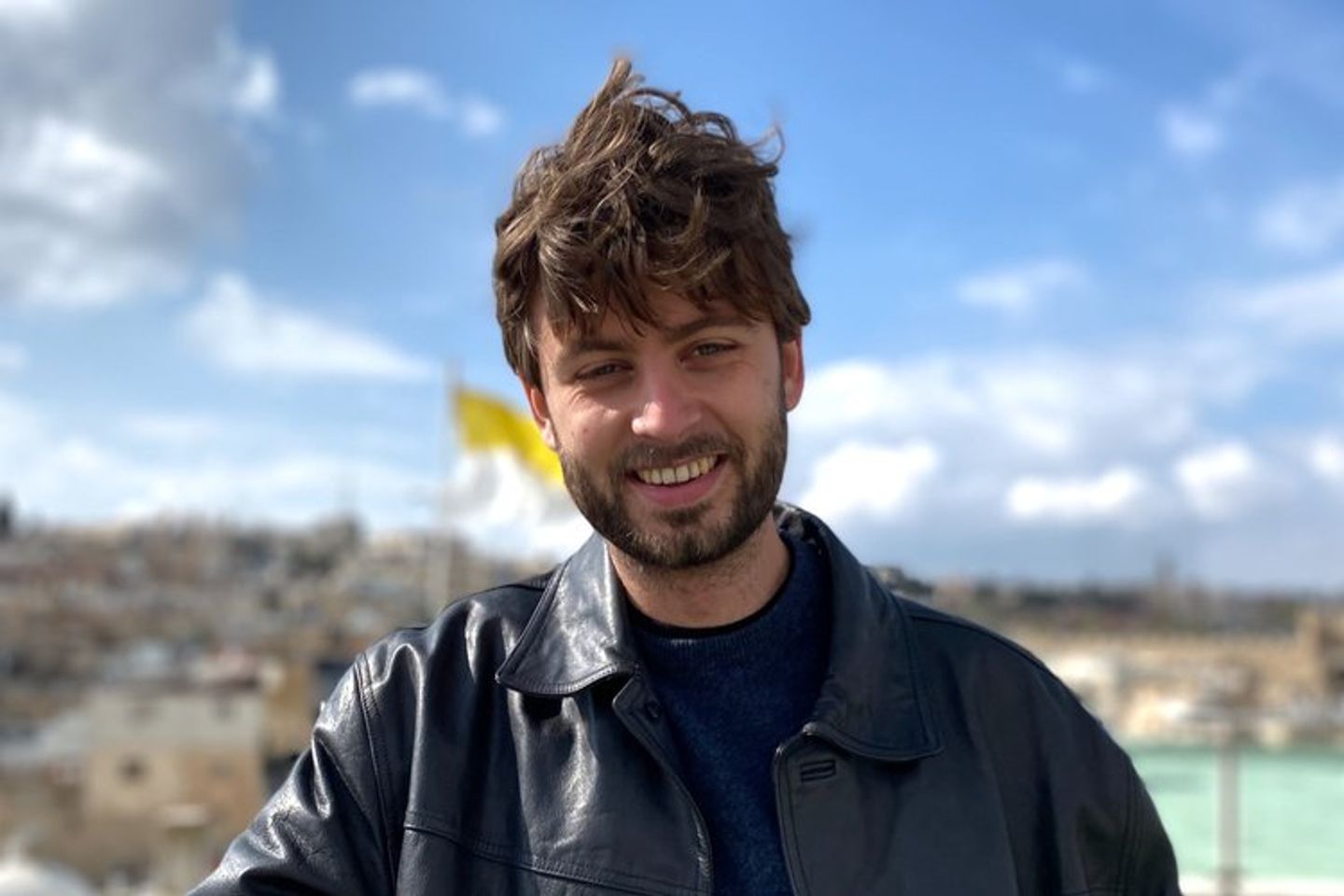
Read more
Quantum scientist and Mathematician

Abel Jansma
Quantum scientist and Mathematician
Abel Jansma is a scientist who combines intuition from physics, knowledge from biology, and techniques from mathematics, to think about genes, information theory, and quantum computers. Starting in art school, he realised he wanted to become a physicist instead, and obtained his Ph.D. from the University of Edinburgh. After a stay at the Max Planck Institute for Mathematics in the Sciences, he is now a fellow at the Dutch Institute for Emergent Phenomena, where he explores the role of higher-order structure in complex systems. His work integrates diverse scientific disciplines to better understand fundamental principles of nature.
Grandeza Studio
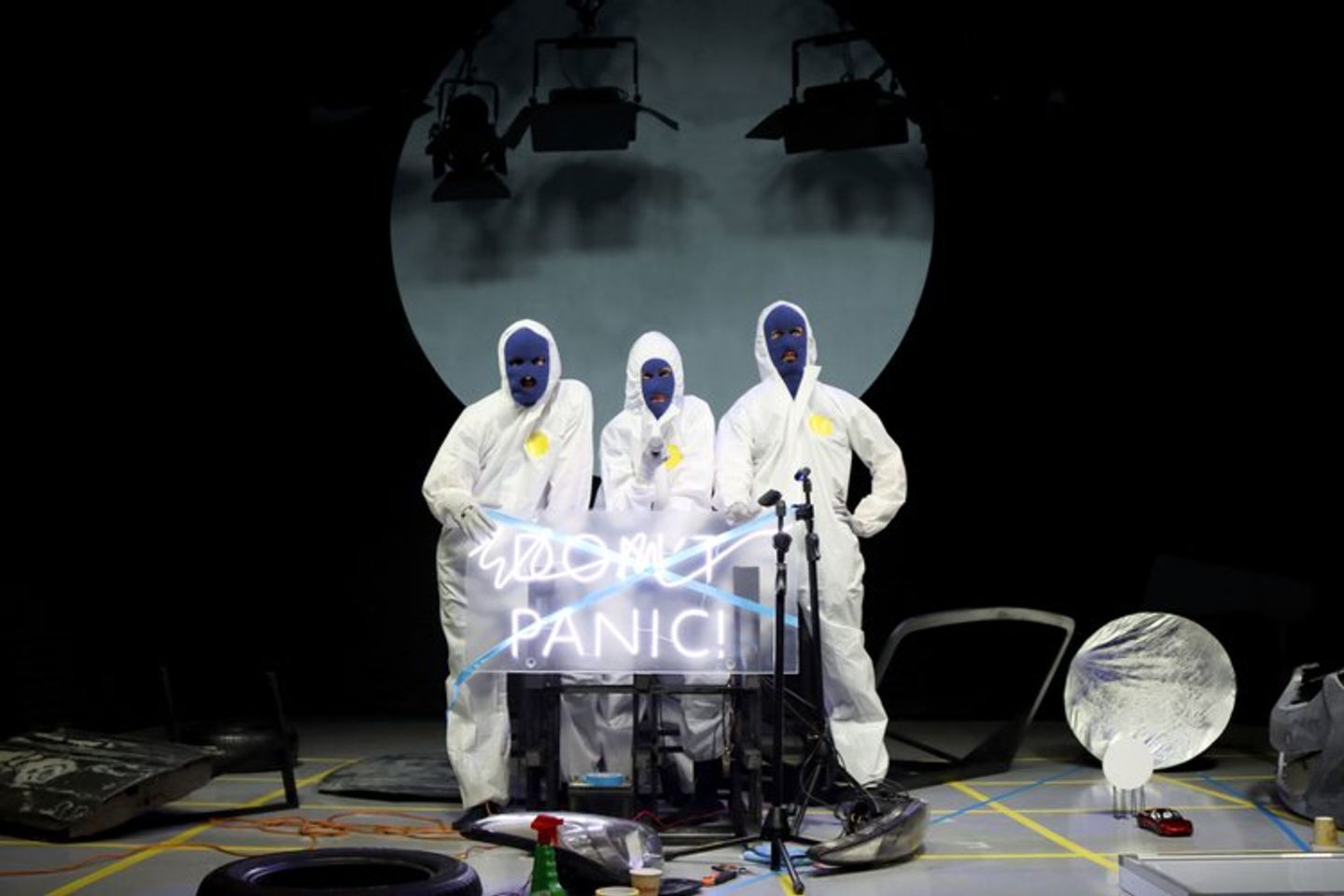
Read more
Research cluster of Architects

Grandeza Studio
Research cluster of Architects
Based between Madrid and Sydney, GRANDEZA STUDIO
(Amaia Sanchez-Velasco, Jorge Valiente Oriol and Gonzalo Valiente Oriol) is a collective of architects and artists founded in Madrid in 2011. Their work studies late-capitalist spaces and narratives to identify – through critical analysis – and challenge – through political imagination – the mechanisms that veil and normalize structural forms of violence.
GRANDEZA STUDIO´s work hybridizes methodologies that entangle with research, critical spatial practice, writing, performance, design, filmmaking and pedagogy.
Radha D'Souza
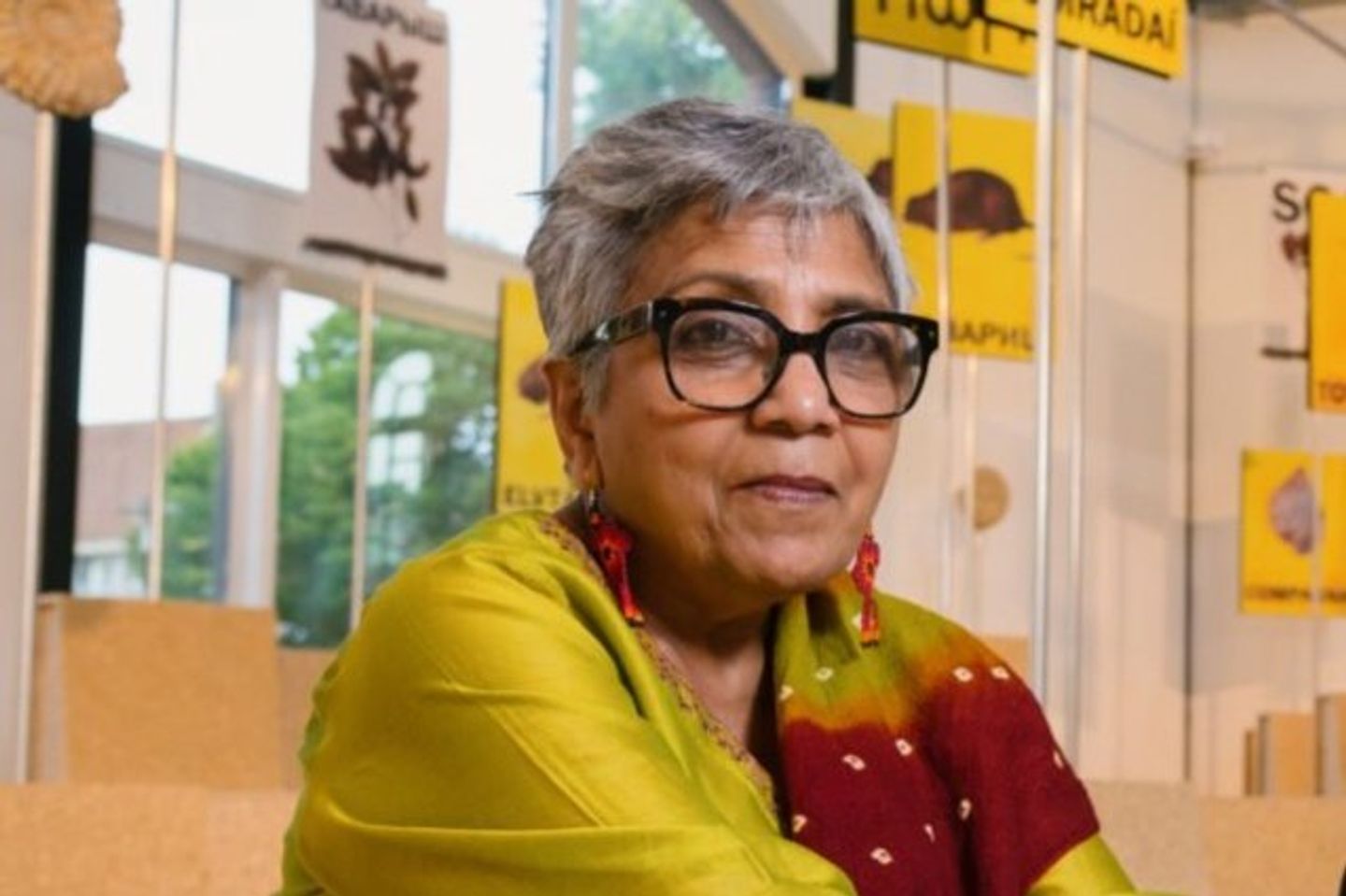
Read more
Professor, Writer, Activist

Radha D'Souza
Professor, Writer, Activist
Professor of law and former barrister at the High Court of Bombay Radha D'Souza has shaped her thinking via a perspective from the Global South. Her most recent book "What's Wrong with Rights?" sheds light on and seeks to repoliticise the mainstream discourse on human rights and to place it in the context of international activism for justice. In her new project "Where Have Places Disappeared? Corporation-States, Law and Dualist Imaginations" she argues that European modernity institutionalises the dualism of economy and polity by having established states and corporations, the founding institutions of capitalism, as two distinct legal entities. Her research areas include international law, sociology, human geography, development studies and social movement studies. Within the field of international law, Radha's work focuses on Third World Approaches to International Law (TWAIL), international law and development, and colonialism and law as well as resource conflicts in the Global South. Among her numerous projects is the "Court for Intergenerational Climate Crimes", an (artistic) tribunal she conceptualised, organised and performed with artist Jonas Staal initially in Amsterdam (2021) and Helsinki, Seoul, Münster and Gwanju (April 2023).
Lucia Pietroiusti
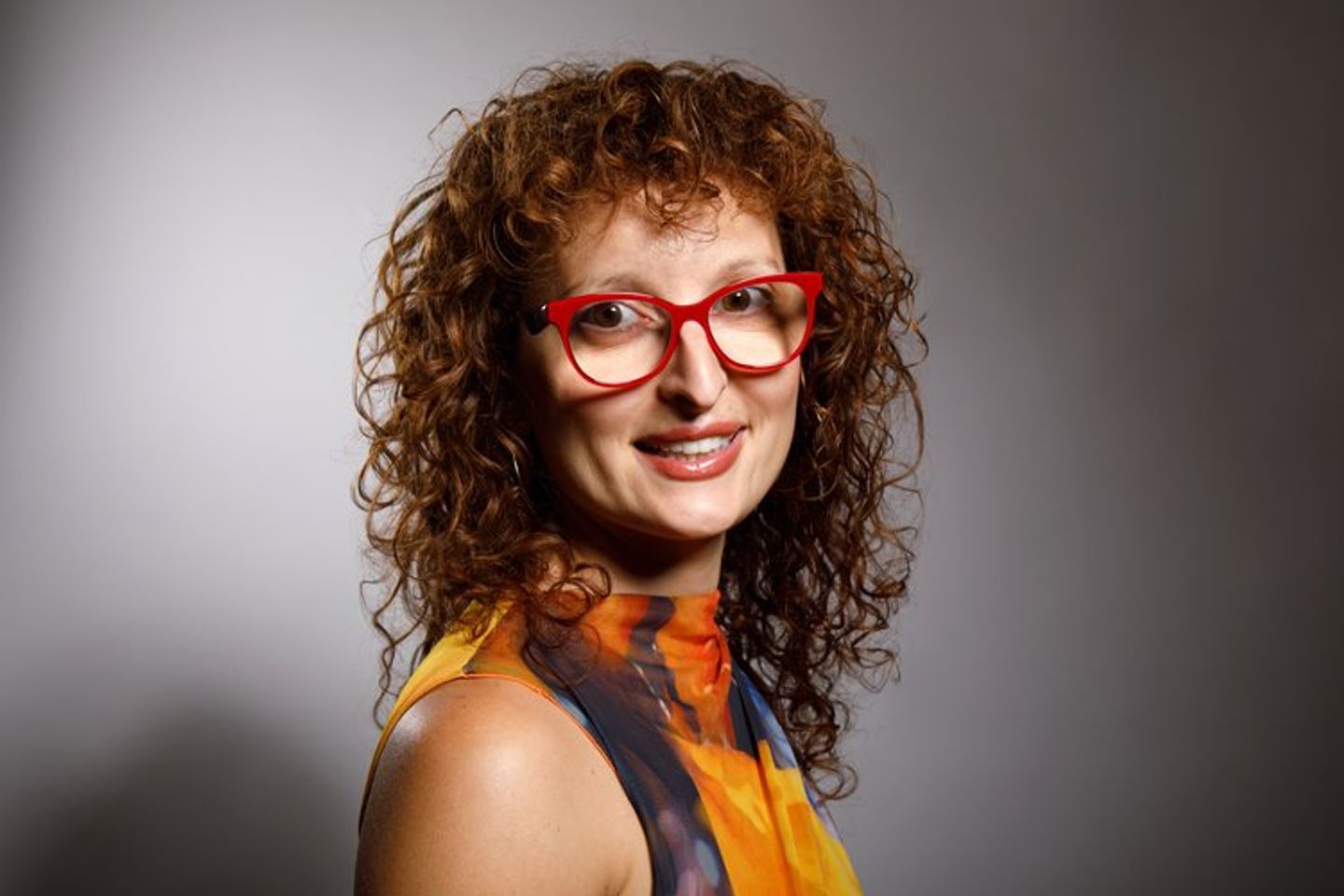
Read more
Curator and Ecologist

Lucia Pietroiusti
Curator and Ecologist
Lucia Pietroiusti is Head of Ecologies at Serpentine, London. As a curator, programmer and organisational strategist, she works at the intersection of art, ecology and systems, often outside of the exhibition space. Ecologies at Serpentine is a holistic initiative and purpose-led department aimed at embedding environmental responsibility throughout the organisation’s infrastructure, operations, networks and programming. Pietroiusti was the founder of Serpentine’s General Ecology project, and the curator of Sun & Sea (Lithuanian Pavilion, 2019 Venice Biennale and ongoing tour). Together with Filipa Ramos, she is the curator of Songs for the Changing Seasons (Vienna Climate Biennale, 2024); Persones Persons (8th Biennale Gherdeïna, 2022) and The Shape of a Circle in the Mind of a Fish. Pietroiusti is also a curator of Back to Earth (Serpentine, 2020-22), and Infinite Ecologies Marathon (2023-24). Recent publications include More-than-Human (with Andrés Jaque and Marina Otero Verzier) and Microhabitable (with Fernando García-Dory).
Adriana Gallo
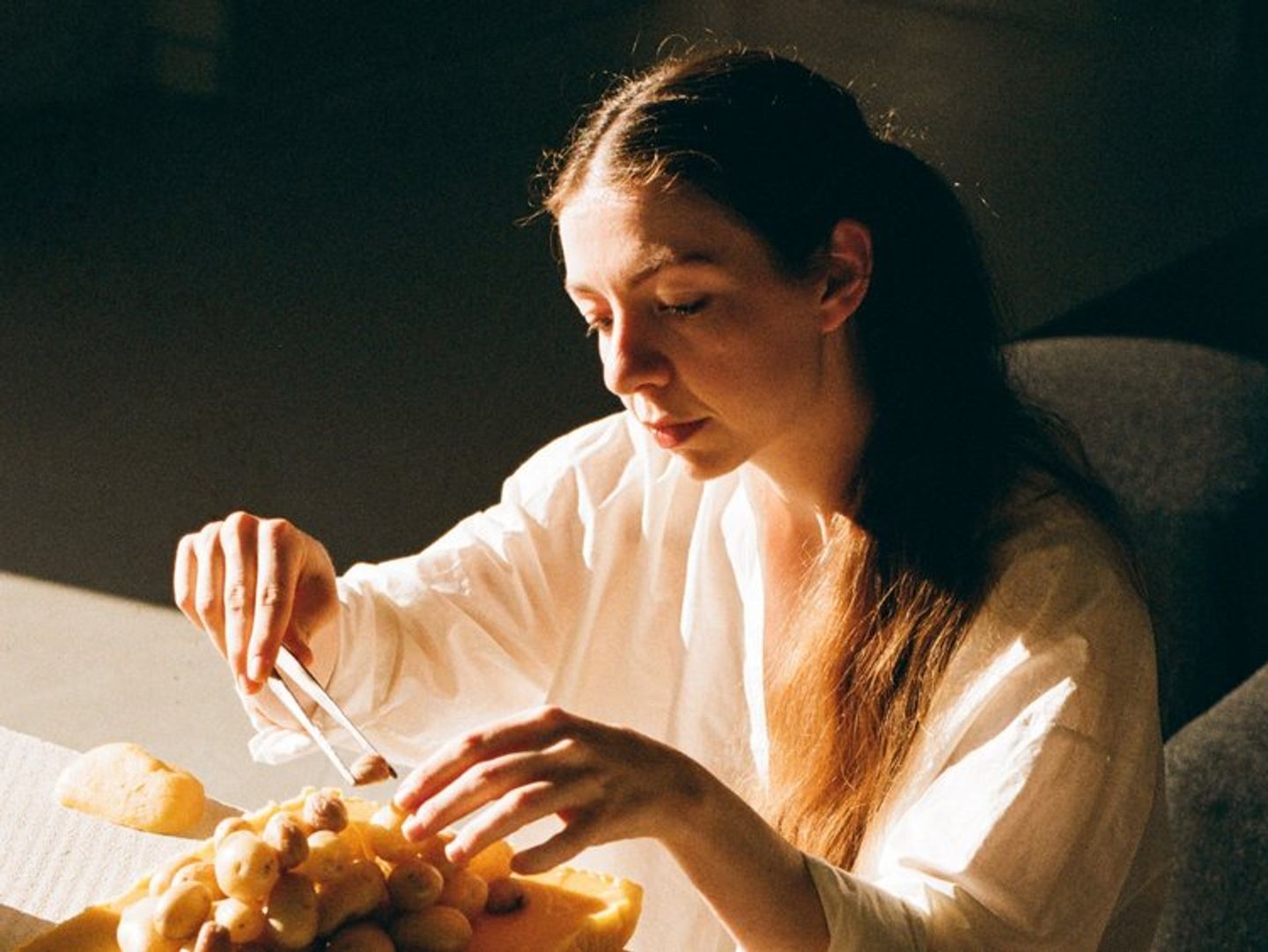
Read more
Artist and Researcher

Adriana Gallo
Artist and Researcher
Adriana Gallo is an artist and researcher living and working in New York with roots in Milan and the Northeastern US. Her practice embodies and complicates ecologies of labor and outcomes take the form of installations, sculptures, texts, workshops, and meals.
dr. masharu
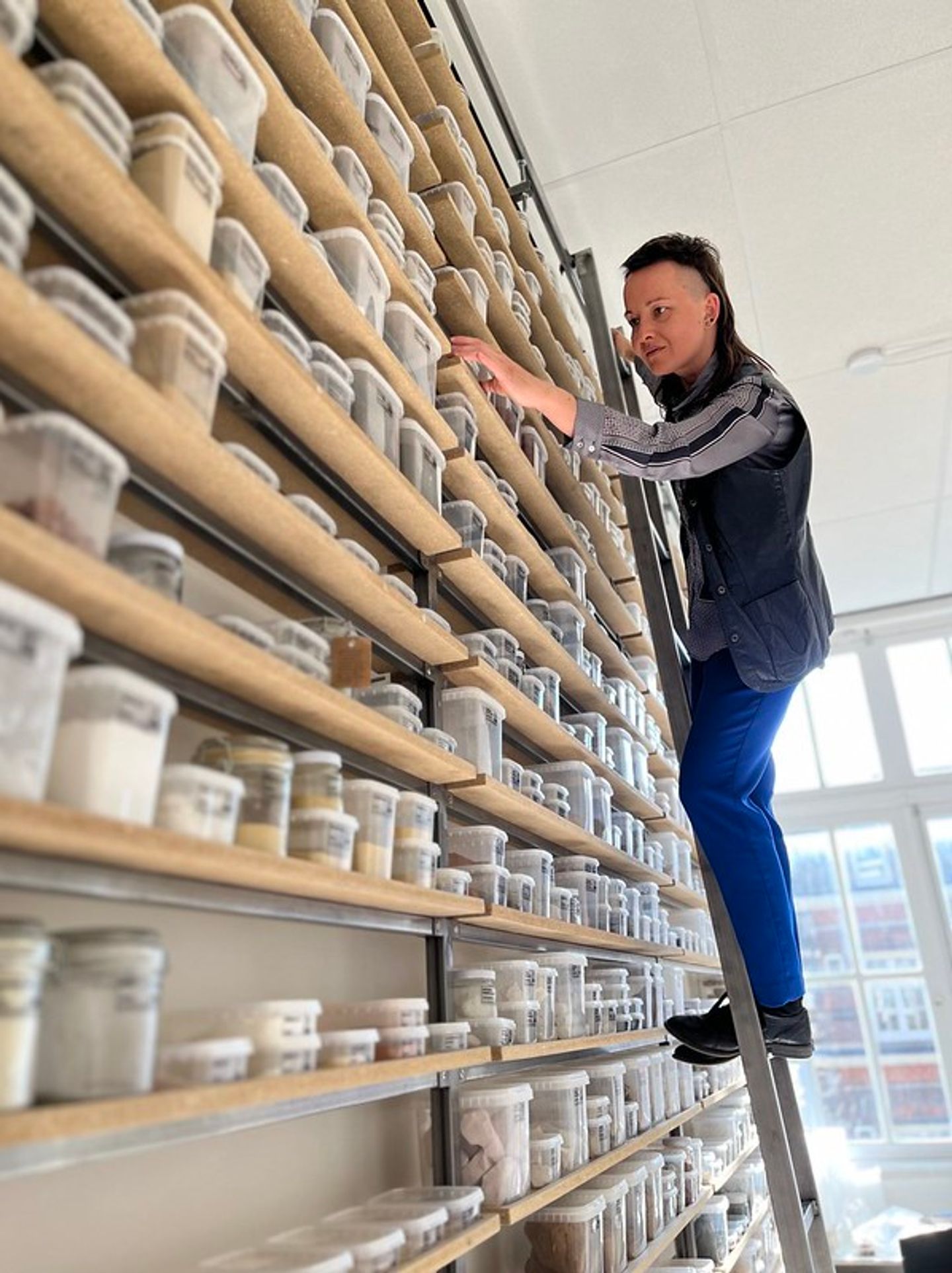
Read more
Founder Museum of Edible Earth

dr. masharu
Founder Museum of Edible Earth
masharu is an earth eater and an earth lover, a founder of the Museum of Edible Earth (http://www.museumofedible.earth/). masharu's projects combine scientific research with a personal approach and cultural practices. In 2011 they obtained a PhD in Mathematics and graduated with honours from the Photo Academy Amsterdam. In 2013-2014 they participated in the art-in-residency programme at Rijksakademie van Beeldende Kunst in Amsterdam. In 2018 masharu was an artist fellow at the Netherlands Institute for Advanced Study in the Humanities and Social Sciences (NIAS-KNAW). masharu's artistic as well as scientific work has been exhibited, screened and published in more than 30 countries, in such venues and events as Word Soil Museum in Wageningen, Ars Electronica Center in Linz, Modern Art Museum in Yerevan, African Artists’ Foundation in Lagos, Spanish Cultural Centre in Guatemala City, World Design Event in Eindhoven, ReadyTex Gallery in Paramaribo, 4th Jakarta Contemporary Ceramics Biennale in Jakarta, European Ceramic Workcentre in Oisterwijk, Sustainica in Dusseldorf and Museo Maritimo in Bilbao. masharu received several awards, such as Award of Distinction at Prix Ars Electronica (Austria) and YouFab Global Creative Awards (Japan). The work of masharu is supported by the Mondriaan Fund.
Darren Le Baron
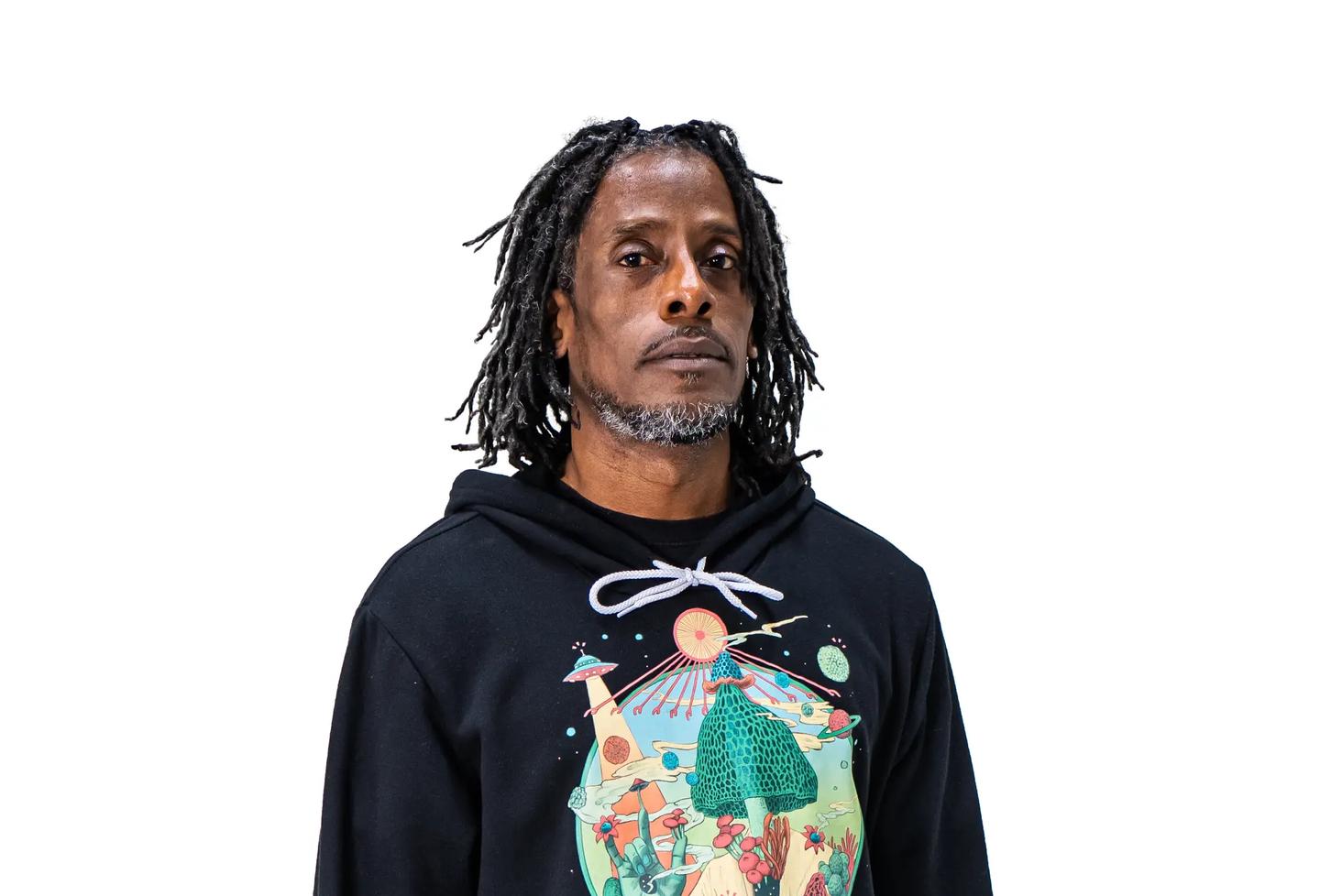
Read more
Etnomycology and Psychedelic Studies

Darren Le Baron
Etnomycology and Psychedelic Studies
Darren Le Baron is a world renowned educator in Ethnomycology and Psychedelic studies. Based in the UK and the Caribbean he is also a grassroots community activist and influencer. With a background in Creative Arts, Organic Horticulture and Permaculture, he is the creator of the Shroomshop, a Mushroom Cultivation initiative that engages local communities, schools and business enterprises alike.
Marije Vogelzang
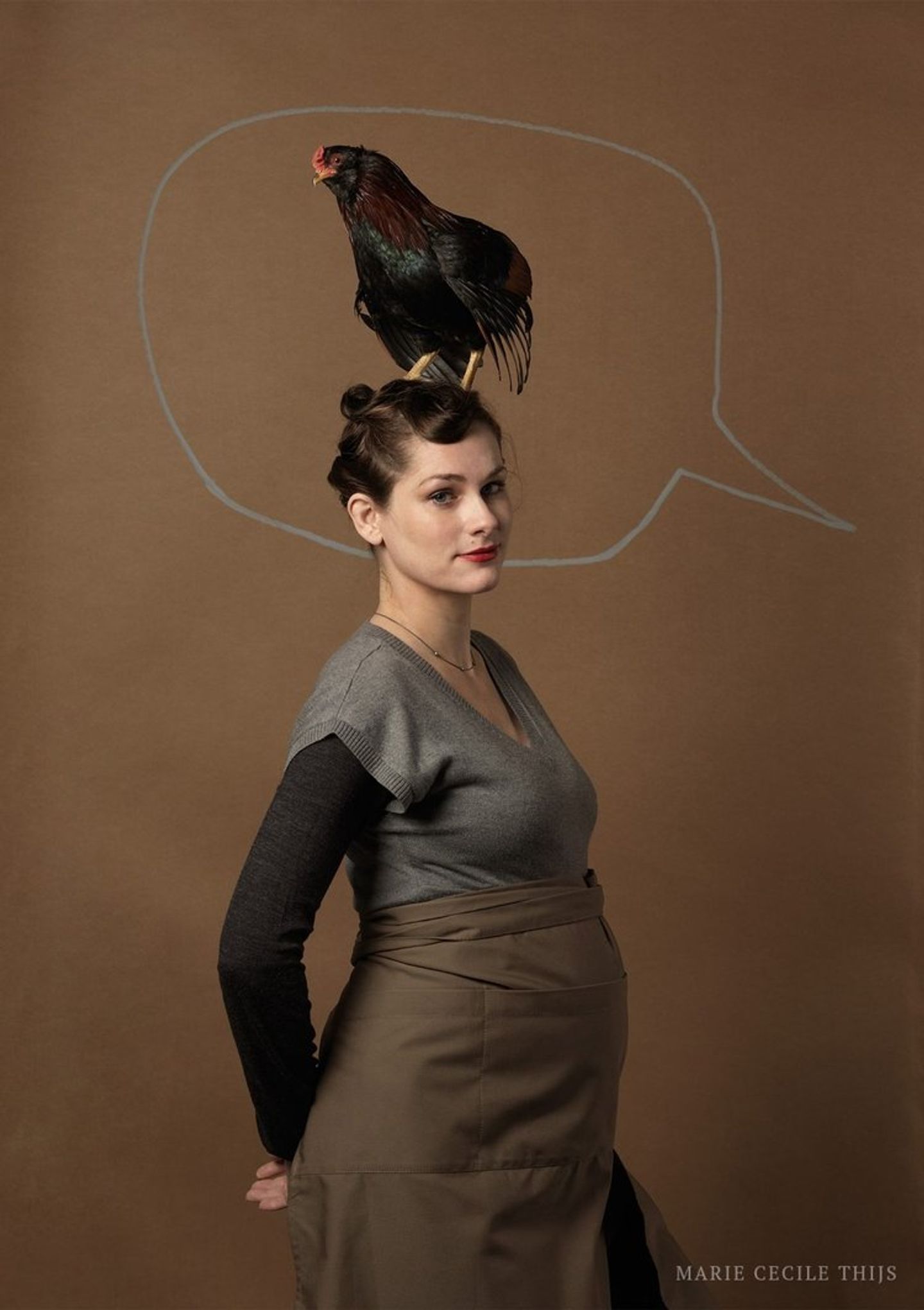
Read more
Designer, Speaker and Author

Marije Vogelzang
Designer, Speaker and Author
Marije Vogelzang is a visionary designer, speaker, author, and a world-renowned pioneer in the realm of food design.
She started working with food when she was still a student in 1999. She graduated from Design Academy Eindhoven in 2000 and between 2004 and 2011 she ran two experimental restaurants in Rotterdam and Amsterdam next to her design work.
With a distinguished career that spans the globe, Marije has successfully exhibited her groundbreaking work worldwide. Her transformative designs have graced renowned institutions such as the Tokyo Metropolitan Art Museum and the Cooper Hewitt Smithsonian in New York. As a captivating speaker, Marije takes to international stages. Her remarkable ability to blend creativity, philosophy, and food has made her a sought-after figure in the industry. Through her talks, she challenges conventional thinking, ignites imagination, and provokes new perspectives on the intersection of nourishment and human experience.
In addition to her global impact as a designer, Marije Vogelzang has spent eight years as the head of the "Food Non Food Department" at Design Academy Eindhoven.
Marije's passion for transforming our relationship with food extends beyond exhibitions and lectures. As an author, her latest book, "Lick It: Challenge the Way We Experience Food," revolutionizes our understanding of the act of eating. Marije invites readers on a thought-provoking journey, encouraging them to question norms and conventions. Through sensory exploration and imaginative concepts, she challenges us to expand our palates and unlock the extraordinary connections between nourishment, creativity, and the human experience.
Alice Bucknell
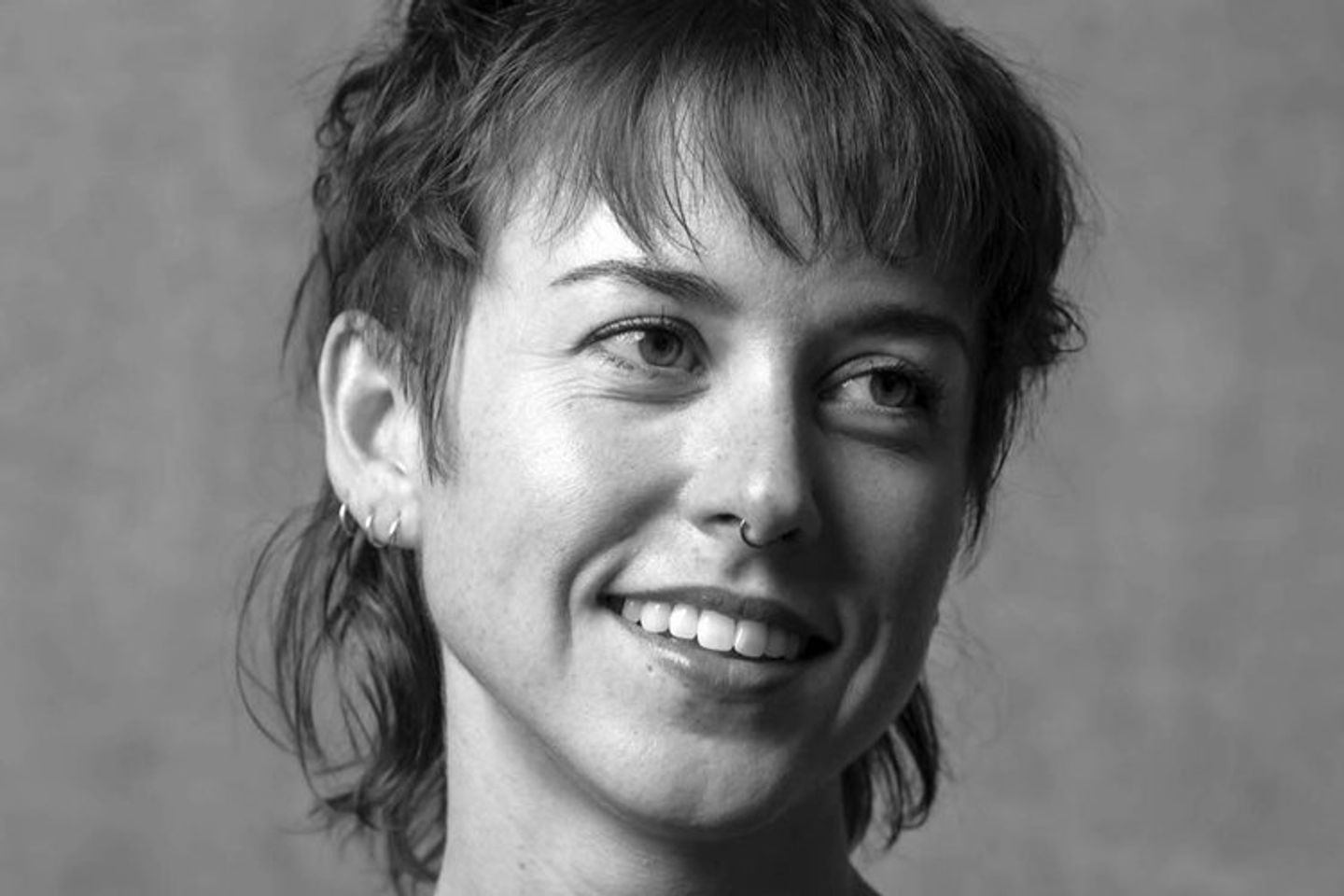
Read more
Artist, Writer

Alice Bucknell
Artist, Writer
Alice Bucknell is a North American artist and writer based in Los Angeles. Using game engines and speculative fiction, their work explores interconnections of architecture, ecology, magic, and non-human and machine intelligence. Bucknell is generally interested in the limits of scientific knowledge and systems thinking, the weird possibilities of play, and the ecological dimensions of games that can dissolve binaries like humans vs environment, natural vs synthetic intelligence, and self vs world.
In 2021, she founded New Mystics (https://newmystics.xyz/), a digital platform merging magic and technology. In 2022, they organized New Worlds (https://www.somersethouse.org.uk/whats-on/new-worlds) at Somerset House Studios in London. Her work has appeared at Ars Electronica with transmediale, Arcade Seoul, the 18th Venice Architecture Biennale, Honor Fraser Gallery in Los Angeles, Gray Area in San Francisco, Basement Roma in Rome, Singapore Art Museum, The Museum of Modern Art in Fort Worth, Texas, Fiber Festival in the Netherlands, and Serpentine in London, among others. Their writing appears in ArtReview, Flash Art, Frieze, e-flux Architecture, and the Harvard Design Magazine.
In 2023, they were the Vilém Flusser Resident for Artistic Research at transmediale and UdK in Berlin, a Somerset House Studios resident artist (https://www.somersethouse.org.uk/residents/alice-bucknell) in London, and a SCI-Art Supercollider Ambassador in Los Angeles. In 2024, they are participating in Medialab-Matadero’s Synthetic Minds prototyping lab and the EPFL—CDH Enter the Hyper-scientific residency program in Lausanne. Bucknell is currently working on The Alluvials, her first video game, commissioned by mudac in Lausanne. She is a resident of Somerset House Studios in London and teaching faculty at SCI-Arc in Los Angeles.
Luïza Luz
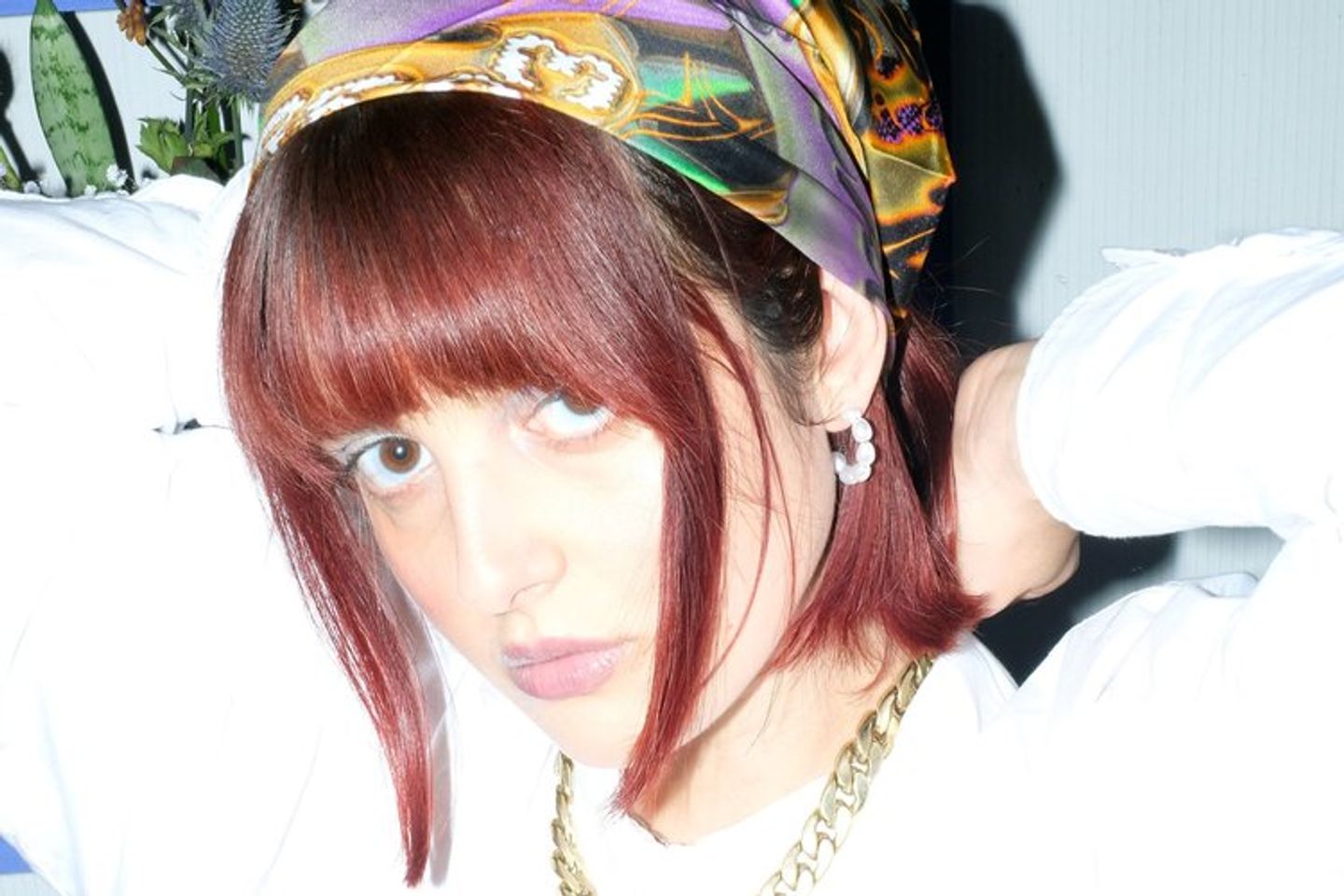
Read more
Artist, Researcher, Educator

Luïza Luz
Artist, Researcher, Educator
Luïza Luz (they/them) is a transdisciplinary artist, educator, and author whose work engages with spatial, textual, sonic, and performance-based ecologies. Through the reciprocal acts of voicing and listening, they approach education as a medium, cultivating strategies that merge somatics, storytelling, and performance with intersectional environmentalism, nurturing embodied-critical learning experiences. Luïza founded and led the Planetary Embodiment seminar at the Berlin University of Arts (2021–2023), culminating in the publication Planetary Embodiment: Cooking With Words for Systemic Change and Solidarity. They are also the author of Beneath the Surface: Deep Listening, Buried Narratives, and Embodied Resistance (2024), published by Archive Books and We Make It. They have been a guest lecturer at the Dirty Art Department at Sandberg Instituut, among others.
Anne van Leeuwen
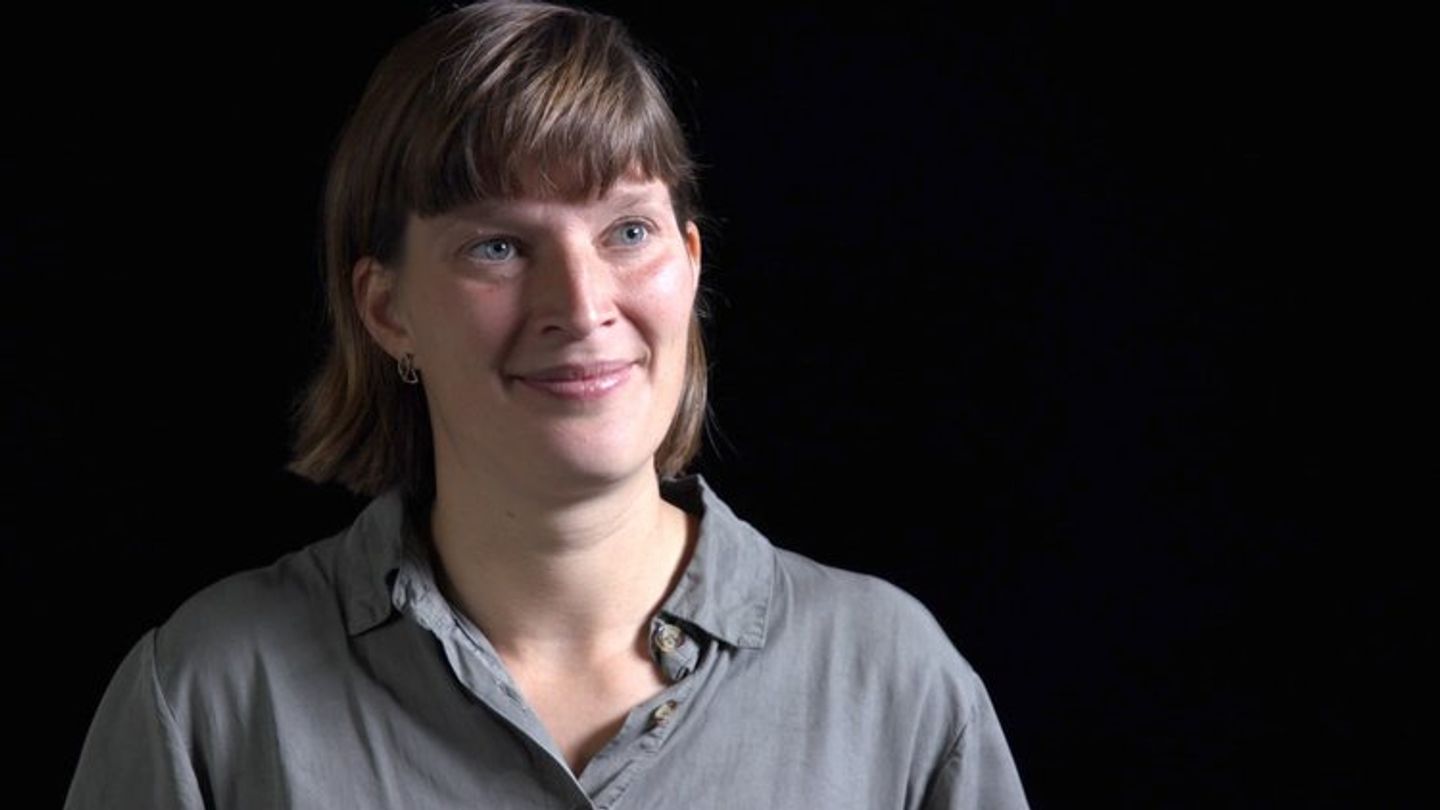
Read more
Regenerative Farmer

Anne van Leeuwen
Regenerative Farmer
Anne van Leeuwen (1987) worked on a museum about the relationship between humans and the rest of life at Artis Royal zoo and co-founded the Embassy of the North Sea in Amsterdam. In 2019, she started Bodemzicht farm and foundation with her partner Ricardo in Malden. In March 2024 she moved to the 45 hectare Lenteland regenerative community farm 't Gagel in Lochem. She is in close contact with the regenerative movement in the Netherlands and a founding farmer of the European Alliance for Regenerative Agriculture (EARA).



